In an era dominated by technology and digital advancements, the United States of America has emerged as a global powerhouse in various sectors. From finance to healthcare, from critical infrastructure to e-commerce, organizations across the country have embraced the digital age to streamline operations and enhance customer experiences. However, with this technological evolution comes a darker side – an escalating wave of cyber threats that can compromise sensitive information, disrupt operations, and tarnish reputations. This is where the significance of penetration testing services in USA becomes paramount.
Brief Overview of Increasing Cyber Threats
As organizations in the USA continue to integrate digital solutions into their daily operations, they become increasingly susceptible to cyber threats. These threats manifest in various forms, such as data breaches, ransomware attacks, and sophisticated hacking attempts. The potential consequences of such attacks are severe and can lead to financial losses, legal liabilities, and erosion of customer trust.
With cybercriminals becoming more adept at exploiting vulnerabilities, it is imperative for organizations to take proactive measures to safeguard their digital assets. This is where penetration testing services in USA step in as a powerful defense mechanism.
The Essence of Penetration Testing
Penetration testing, often referred to as “pen testing,” is a comprehensive approach to evaluating the security of an organization’s digital infrastructure. Unlike traditional security measures that focus on preventing attacks, penetration testing adopts an offensive strategy. It involves authorized ethical hackers, often referred to as “white hat hackers,” attempting to exploit vulnerabilities in a controlled environment.
The objective of penetration testing services in USA is not to compromise the organization’s security but rather to identify weaknesses that malicious actors could exploit. By simulating real-world attack scenarios, organizations can gain valuable insights into their security posture and take proactive measures to rectify vulnerabilities before they are used.
The Power of Penetration Testing Services
Identifying Vulnerabilities
Penetration testing services in the USA offer organizations the unique advantage of uncovering vulnerabilities that might go unnoticed. These vulnerabilities could range from misconfigured software to weak passwords, unpatched systems, and more. By identifying these weaknesses, organizations can take immediate action to rectify them and fortify their defenses.
Realistic Threat Simulation
One of the standout features of penetration testing is its ability to replicate real-world cyber threats. Ethical hackers employ tactics, techniques, and procedures that closely mirror those used by malicious actors. This realism enables organizations to gauge their preparedness and response mechanisms, ultimately leading to improved incident-handling procedures.
Compliance and Regulations
The USA has witnessed the implementation of stringent data protection regulations, such as the Health Insurance Portability and Accountability Act (HIPAA), the Payment Card Industry Data Security Standard (PCI DSS), and the Sarbanes-Oxley Act (SOX). Organizations must comply with these regulations to ensure data privacy and security. Penetration testing services play a crucial role in helping organizations adhere to these regulations by identifying vulnerabilities that could lead to non-compliance.
Qulaysec, The Right Penetration Testing Partner
In a landscape where cybersecurity is of paramount importance, selecting the right penetration testing partner in the USA is crucial. Organizations should consider factors such as the partner’s expertise, experience, certifications, and the range of services they offer. A reputable partner will work closely with the organization to tailor penetration tests to specific needs, industry standards, and regulatory requirements.
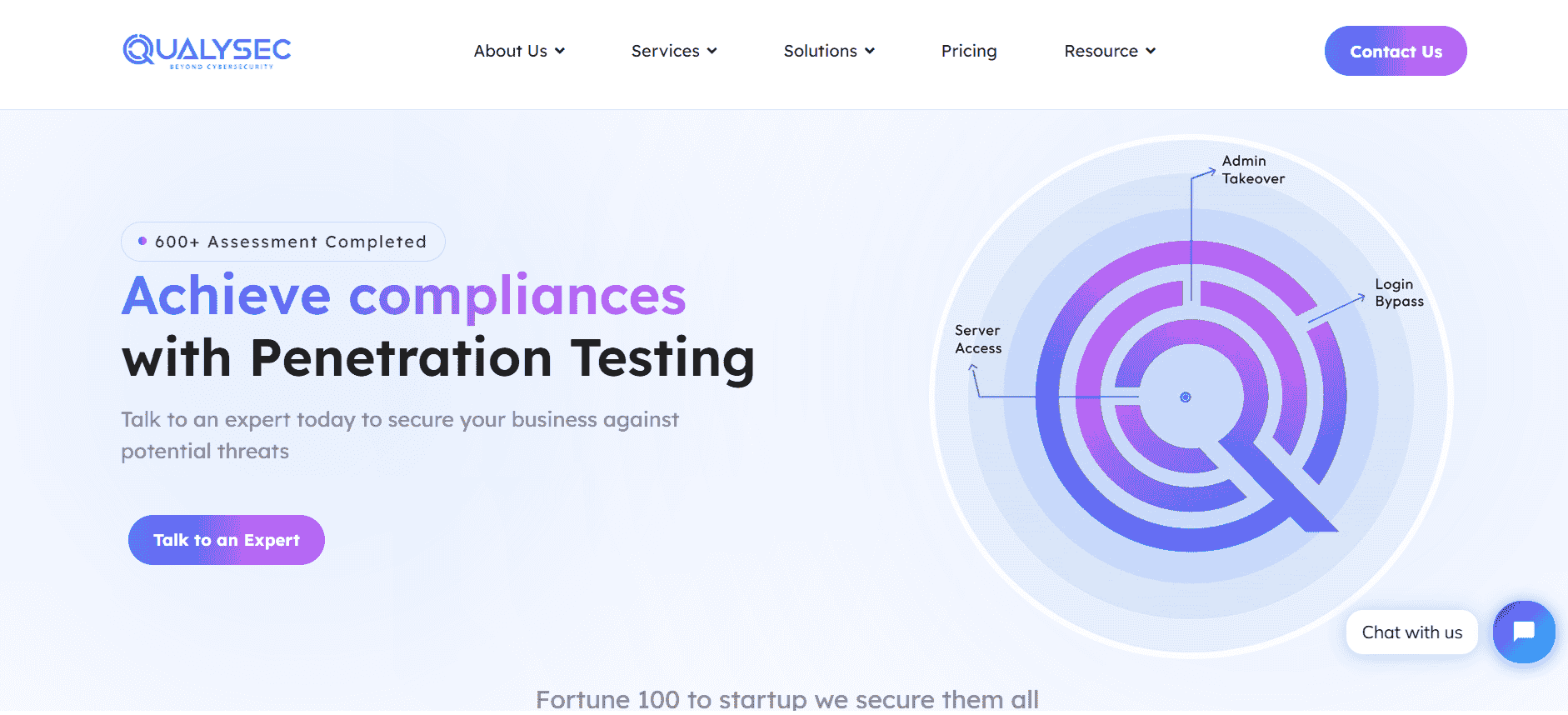
Qualysec is a prominent and leading mobile application penetration testing service provider. The company has quickly risen to prominence by delivering innovative cybersecurity solutions. With a commitment to protecting clients’ digital assets. Qualysec has a customer-centric approach, and Qualysec has garnered a formidable reputation within the industry.
Despite not having an office in Israel, Qualysec has developed a reputation as one of the best Penetration testing service providers in USA because of its broad knowledge and competence in cybersecurity testing services.
Key Cybersecurity Services and Solutions Provided:
Qualysec specializes in a wide range of cybersecurity services, primarily focusing on penetration testing. They conduct comprehensive assessments of clients’ networks, applications, and systems to identify vulnerabilities that cybercriminals could potentially exploit. Qualysec collaborates with the organization to establish a plan to address them and boost its overall security posture. Qualysec’s penetration testing methodology combines manual analysis with advanced automated tools to ensure a thorough and accurate evaluation. Among the several services available are:
- Web App Pentesting
- Mobile App Pentesting
- API Pentesting
- Cloud Security Pentesting
- IoT Device Pentesting
- AI /ML Pen-testing
In addition to penetration testing, Qualysec offers incident response services, providing clients with rapid and effective strategies to handle cyber incidents. Their experienced team of professionals assists clients in containing and mitigating the impact of security breaches.
Notable Clients and Successful Case Studies:
Qualysec has a diverse clientele, including large enterprises and organizations from various industries. While confidentiality agreements prevent the disclosure of specific client names, their clients consistently praise the effectiveness and reliability of Qualysec’s services.
In a recent case study, Qualysec collaborated with a major e-commerce platform to assess its website’s security. Through penetration testing, they discovered critical vulnerabilities in the platform’s payment gateway, which could have led to financial losses and reputational damage if exploited. Thanks to Qualysec’s swift response and detailed remediation recommendations, the e-commerce platform promptly secured its payment infrastructure and strengthened overall security.
Strengths and Unique Selling Points
Qualysec’s strengths lie in its expertise and dedication to delivering high-quality cybersecurity services. Their team of certified professionals possesses in-depth knowledge of the latest attack techniques and security best practices. This expertise enables them to provide accurate and actionable insights during penetration tests.
One of Qualysec’s unique selling points is its commitment to continuous improvement and staying ahead of evolving cyber threats. They invest in research and development to ensure their clients receive the most effective and up-to-date cybersecurity solutions.
Furthermore, Qualysec distinguishes itself through exceptional customer service and clear communication with clients. They prioritize understanding each client’s specific needs and tailoring their services accordingly. This customer-centric approach fosters long-lasting relationships based on trust and confidence. Hence Qualysec stands among the top cybersecurity companies in USA. Here are its key features.
Key Features
- Over 3,000 tests to detect and root out all types of vulnerabilities.
- Capable of detecting business logic errors and gaps in security.
- Ensures zero false positives through manual pen testing.
- Compliance-specific scans for SOC2, HIPAA, ISO27001, and other relevant standards.
- Provides in-call remediation assistance from security experts
Importance of Identifying and Addressing Vulnerabilities Proactively
In an increasingly interconnected world, where digital technologies are at the heart of organizational operations, the importance of cybersecurity cannot be overstated. Cyber threats have evolved into sophisticated, targeted attacks that can disrupt businesses, compromise sensitive data, and undermine trust. One of the most powerful tools in the fight against cyber threats is the proactive identification and addressing of vulnerabilities through penetration testing services in USA.
| Importance of Identifying and Addressing Vulnerabilities Proactively | Key Points |
|---|---|
| Risk Mitigation | Proactive identification prevents potential breaches and their repercussions. Vulnerabilities can be rectified before they are exploited by malicious actors. |
| Reputation Preservation | Timely vulnerability rectification maintains trust and credibility. Organizations that swiftly address vulnerabilities demonstrate a commitment to protecting customer data and privacy. |
| Financial Safeguarding | Early detection reduces the financial impact of cyber incidents. Addressing vulnerabilities before they lead to data breaches or disruptions helps prevent substantial financial losses from legal fees, fines, and recovery efforts. |
| Regulatory Compliance | Proactive measures ensure adherence to data protection regulations. Regular vulnerability assessments help organizations comply with industry-specific standards and avoid non-compliance penalties. |
| Incident Readiness | Addressing vulnerabilities enhances preparedness for cyber threats. Proactively identifying weaknesses improves an organization’s incident response capabilities and minimizes the impact of potential breaches. |
| Competitive Edge | Demonstrates commitment to security, setting an organization apart. Organizations that prioritize proactive vulnerability management build trust among stakeholders and differentiate themselves in a competitive market. |
A comprehensive table highlights the multifaceted significance of identifying and addressing vulnerabilities proactively in the realm of cybersecurity.
Talk to our Cybersecurity Expert to discuss your specific needs and how we can help your business.
Introducing the Concept of Penetration Testing as a Powerful Cybersecurity Measure
As the digital landscape continues to expand, the need for robust cybersecurity measures has never been more crucial. Organizations in the USA are facing an escalating barrage of cyber threats that can cripple operations, compromise sensitive data, and wreak havoc on their reputation. In this relentless battle against cyber adversaries, the concept of penetration testing emerges as a powerful and proactive cybersecurity measure that can bolster an organization’s defenses.
Understanding Penetration Testing
Definition and Objectives of Penetration Testing
Penetration testing, often referred to as “pen testing,” is a systematic and controlled process of evaluating the security of an organization’s digital infrastructure. It involves simulating real-world cyberattacks to identify vulnerabilities and weaknesses that malicious actors could exploit. Unlike reactive security measures, penetration testing takes an offensive approach, enabling organizations to uncover and address vulnerabilities before they become gateways for potential cyber threats.
Types of Penetration Testing
Penetration testing encompasses various domains, each targeting specific aspects of an organization’s digital ecosystem. Here’s a table illustrating the types of penetration testing:
| Type of Penetration Testing | Focus Area |
|---|---|
| Network Penetration Testing | Evaluates network security and defenses. |
| Web Application Testing | Assesses vulnerabilities in web apps. |
| Mobile App Testing | Identifies weaknesses in mobile apps. |
| Cloud Infrastructure Testing | Evaluate security in cloud environments. |
| Wireless Network Testing | Analyze vulnerabilities in Wi-Fi setups. |
| Social Engineering Testing | Assesses human vulnerabilities and behaviors. |
Each type of penetration testing targets specific areas to provide a comprehensive evaluation of an organization’s security posture.
The Role of Ethical Hackers in Uncovering Vulnerabilities
At the heart of penetration testing are ethical hackers, often referred to as “white hat hackers.” These skilled professionals possess a deep understanding of cybersecurity protocols, tools, and techniques. They harness this knowledge to simulate cyberattacks while adhering to ethical guidelines. Ethical hackers explore an organization’s digital ecosystem, employing tactics similar to those used by malicious actors. By uncovering vulnerabilities and entry points, ethical hackers provide organizations with invaluable insights to strengthen their security infrastructure.
The Need for Penetration Testing in the USA
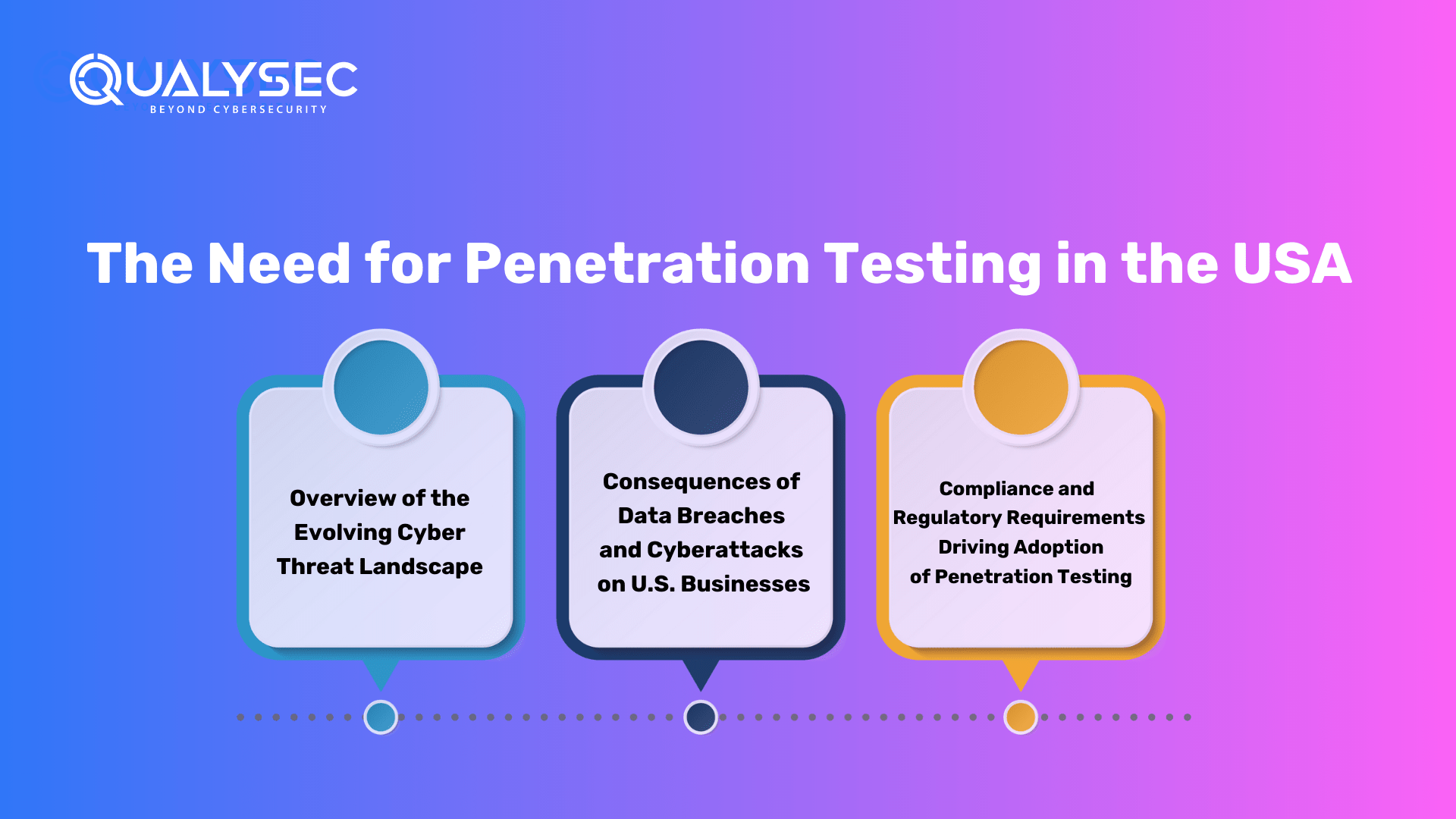
In an era dominated by technological advancements, the United States faces an evolving and increasingly complex cyber threat landscape. The proliferation of digital solutions across industries has not only facilitated efficiency but also exposed organizations to unprecedented risks. As the threat landscape continues to morph, the necessity for robust cybersecurity measures like penetration testing in the USA has become more apparent than ever before.
Overview of the Evolving Cyber Threat Landscape
The United States finds itself at the crossroads of innovation and vulnerability. The digital transformation has paved the way for cybercriminals to exploit weaknesses in systems and networks. Cyber threats have evolved from isolated, opportunistic attacks to highly organized and targeted campaigns. Nation-state actors, criminal syndicates, and hacktivists are all vying to exploit vulnerabilities for financial gain, political motives, or sheer disruption.
Consequences of Data Breaches and Cyberattacks on US Businesses
The consequences of cyberattacks and data breaches on US businesses are multifaceted and can be devastating. Beyond immediate financial losses, organizations may suffer reputational damage, legal liabilities, and regulatory fines. The loss of customer trust can lead to long-term revenue decline and even business closure. Cyberattacks targeting critical infrastructure, such as energy grids or healthcare systems, can disrupt essential services, affecting public safety and national security.
Compliance and Regulatory Requirements Driving Adoption
Regulatory bodies in the USA have responded to the escalating cyber threats by imposing stringent data protection regulations. Organizations must comply with standards such as the Health Insurance Portability and Accountability Act (HIPAA), the Payment Card Industry Data Security Standard (PCI DSS), and industry-specific guidelines like the NIST Cybersecurity Framework. Penetration testing aligns with these requirements by proactively identifying vulnerabilities, demonstrating adherence to regulations, and mitigating the risk of non-compliance penalties.
Penetration Testing as a Strategic Imperative
A. Proactive Threat Mitigation
Penetration testing goes beyond traditional cybersecurity measures by adopting an offensive approach. Instead of waiting for an attack to manifest, organizations can proactively identify vulnerabilities and address them before they are exploited. This approach aligns with the axiom “prevention is better than cure,” offering a strategic advantage against cyber threats.
B. Strengthening Incident Response
Effective incident response is contingent on preparedness. Penetration testing simulates real-world attack scenarios, providing organizations with insights into their readiness and response capabilities. By identifying gaps and weaknesses, organizations can refine their incident response plans and mitigate potential damage.
C. Demonstrating Due Diligence
In an era of digital trust, customers and partners demand evidence of robust cybersecurity practices. By adopting penetration testing, organizations convey a commitment to safeguarding sensitive information and maintaining data integrity. This commitment fosters trust among stakeholders and differentiates organizations in a competitive market.
The Process of Penetration Testing
Penetration testing is a systematic and structured process that involves several stages, each contributing to the overall effectiveness of identifying and mitigating cybersecurity vulnerabilities. This process empowers organizations to proactively enhance their defenses and fortify against potential cyber threats.
Pre-Engagement Activities: Scoping, Planning, and Goal-Setting
The initial phase of a penetration testing engagement involves defining the scope, objectives, and constraints of the test. This includes understanding the organization’s digital ecosystem, the systems to be tested, and the specific goals of the assessment. Clear scoping ensures that the test accurately reflects real-world scenarios, allowing ethical hackers to focus on critical areas and potential entry points.
Information Gathering and Reconnaissance
During this phase, ethical hackers gather information about the organization’s digital footprint, network architecture, and potential vulnerabilities. They employ various techniques, such as open-source intelligence (OSINT) gathering, to collect data that could be exploited by attackers. This information serves as a foundation for the subsequent stages of testing.
Vulnerability Identification and Exploitation
The heart of penetration testing lies in identifying and exploiting vulnerabilities within the organization’s systems. Ethical hackers use specialized tools and methodologies to simulate cyberattacks, attempting to breach security measures. They may target network vulnerabilities, test web applications for weaknesses, or explore mobile apps for potential exploits. The goal is to uncover vulnerabilities that could be leveraged by malicious actors.
Reporting and Documentation of Findings
After executing the penetration tests, ethical hackers compile their findings into comprehensive reports. These reports detail the vulnerabilities discovered, the methods used to exploit them, and the potential impact of each vulnerability. The reports often include severity ratings, recommendations for remediation, and evidence to support their findings. This documentation serves as a roadmap for organizations to prioritize and address vulnerabilities effectively.
Collaboration with IT Teams for Remediation
The final stage of the penetration testing process involves collaborating with the organization’s IT and security teams to remediate the identified vulnerabilities. Ethical hackers work alongside internal teams to understand the technical aspects of the vulnerabilities and assist in implementing fixes. This collaborative effort ensures that weaknesses are effectively addressed, reducing the organization’s exposure to potential cyber threats.
Harnessing the Power of Penetration Testing
Penetration testing is not just a one-time exercise but an ongoing process that aligns with an organization’s evolving cybersecurity needs hence, opting for Penetration testing services in USA does the job. By following a structured approach that includes pre-engagement activities, information gathering, vulnerability identification, reporting, and collaboration with IT teams, organizations can proactively identify and mitigate vulnerabilities. This process empowers organizations to safeguard their digital assets, maintain compliance with regulations, and stay ahead of the constantly evolving cyber threat landscape.
Challenges and Limitations of Penetration Testing
While penetration testing is a powerful tool in the fight against cyber threats, it’s essential to recognize that it also comes with its set of challenges and limitations. Understanding these factors is crucial for organizations to make informed decisions about their cybersecurity strategies and maximize the benefits of penetration testing services in USA.
Common Challenges Faced During Penetration Testing
- Incomplete Scope Definition: If the scope of the penetration testing is not well-defined, it can lead to missed vulnerabilities or false negatives.
- Resource and Time Constraints: Comprehensive penetration testing can be time-consuming and resource-intensive, potentially affecting the thoroughness of the assessment.
- Disruption to Operations: The testing process might disrupt ongoing business operations or cause downtime, impacting productivity.
- Lack of Collaboration: Inadequate collaboration between ethical hackers and internal IT teams can hinder the remediation process.
Overcoming Obstacles to Maximize the Value of Penetration Testing
- Clear Scoping: Define a clear scope for the penetration testing engagement to ensure that critical areas are covered while avoiding unnecessary disruptions.
- Collaboration: Foster collaboration between ethical hackers and internal teams to ensure efficient vulnerability remediation.
- Continuous Testing: Implement regular and ongoing penetration testing to adapt to evolving threats and changes in the digital landscape.
- Thorough Reporting: Ensure that penetration testing reports include clear explanations of vulnerabilities, their potential impact, and actionable recommendations for remediation.
- Educating Stakeholders: Educate stakeholders about the limitations of penetration testing and the possibility of false positives to manage expectations.
- Comprehensive Remediation: Act promptly to address identified vulnerabilities, prioritizing those with higher severity and potential impact.
Integrating Penetration Testing into Cybersecurity Strategy
The integration of penetration testing services in USA has been taken ina account for the development of a comprehensive cybersecurity strategy for organizations. As cyber threats become more sophisticated and pervasive, organizations must adopt a proactive approach that leverages various security measures, with penetration testing playing a pivotal role.
Complementing Other Security Measures
Penetration testing is not a standalone solution but a complementary practice that enhances existing security measures. It serves as a reality check, validating the effectiveness of firewalls, intrusion detection systems, and other defensive mechanisms. By simulating real-world attacks, penetration testing helps organizations identify gaps in their defenses and fine-tune their security protocols.
Creating a Comprehensive Cybersecurity Plan
A robust cybersecurity plan is built on layers of defense, and penetration testing is a critical layer in this ecosystem. Organizations should create a comprehensive plan that includes regular penetration testing as a proactive measure. The plan should encompass threat detection, prevention, incident response, and ongoing monitoring. Integration of penetration testing ensures that vulnerabilities are identified and addressed before they can be exploited.
Importance of Ongoing Testing to Adapt to Evolving Threats
Cyber threats are dynamic, and continuously evolving to bypass security measures. Organizations need to keep pace by adopting an approach that involves ongoing penetration testing. Regular assessments help organizations stay ahead of emerging threats, test the effectiveness of newly implemented security controls, and adapt their cybersecurity strategy to mitigate novel risks.
Achieving Cyber Resilience Through Integration
| Key Points | Explanation |
|---|---|
| Identifying Weaknesses Before Attackers Do | Penetration testing proactively identifies vulnerabilities that could serve as entry points for attackers. By doing so, organizations can rectify these weaknesses before malicious actors exploit them, reducing the risk of successful cyberattacks. |
| Enhancing Incident Response Preparedness | Regular penetration testing enhances an organization’s incident response preparedness. By simulating realistic attack scenarios, organizations can evaluate their ability to detect, contain, and mitigate breaches. This leads to more efficient incident response processes. |
| Demonstrating Due Diligence and Compliance | Integration of penetration testing showcases an organization’s commitment to cybersecurity due diligence. It also aids compliance with regulations and industry standards by identifying vulnerabilities that could lead to non-compliance. |
| Strengthening Customer Trust | The proactive approach of penetration testing reassures customers that their data is handled with utmost care. This, in turn, enhances customer trust, and loyalty, and contributes to a positive brand image. |
Here are the key benefits and points of emphasis related to the role of penetration testing in identifying weaknesses and enhancing overall cybersecurity.
The Role of Ethical Hackers
Ethical hackers, also known as white hat hackers, play a crucial role in the realm of cybersecurity. They use their skills and expertise to uncover vulnerabilities in systems, applications, and networks, helping organizations identify weaknesses before malicious actors can exploit them.
Understanding the Skills and Expertise of Ethical Hackers
Ethical hackers possess a diverse skill set that mirrors the capabilities of cybercriminals, but they apply their knowledge for the greater good. They are proficient in various domains, including:
- Programming: Ethical hackers have expertise in programming languages commonly used in cybersecurity, enabling them to identify code vulnerabilities.
- Networking: They understand network protocols and architecture, allowing them to pinpoint weaknesses in network configurations.
- Web Application Security: Ethical hackers are adept at identifying vulnerabilities in web applications, including SQL injection, cross-site scripting (XSS), and more.
- Cryptanalysis: They possess knowledge of encryption methods and cryptographic protocols to assess their strength against potential attacks.
- Social Engineering: Ethical hackers understand human psychology and social engineering techniques to identify security gaps involving employees and users.
Benefits of Hiring Third-Party Penetration Testing Firms
Engaging third-party penetration testing firms for ethical hacking provides several advantages:
- Expertise: Third-party firms often have specialized teams of skilled ethical hackers who bring diverse experience to the table.
- Objectivity: External experts provide an unbiased assessment of an organization’s security posture without preconceived notions.
- Latest Techniques: Penetration testing firms stay updated with the latest attack techniques, ensuring comprehensive evaluations.
- Efficiency: Their expertise allows them to quickly identify vulnerabilities that might take internal teams longer to find.
- Resource Savings: Outsourcing penetration testing saves an organization’s internal resources, allowing them to focus on other critical tasks.
Latest Penetration Testing Report
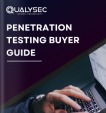
Conclusion
In a digital age marked by innovation and connectivity, the significance of cybersecurity cannot be overstated. The escalating need for penetration testing services in USA calls for proactive measures that can effectively counter evolving risks. Penetration testing emerges as a cornerstone of robust cybersecurity, empowering organizations to unveil vulnerabilities, fortify defenses, and navigate the intricate digital landscape with confidence. Penetration testing services in USA play a pivotal role in identifying vulnerabilities before malicious actors exploit them. It simulates real-world attack scenarios, enabling organizations to assess their readiness, uncover weaknesses, and address potential entry points.
Qualysec’s rapid growth, reputation for excellence, and commitment to innovation make it a top contender in USA’s penetration testing services industry. Through their comprehensive penetration testing services and proactive approach, Qualysec plays a crucial role in safeguarding businesses and organizations against cyber threats. As the USA’s cybersecurity landscape evolves, Qualysec continues to be a trusted partner in fortifying the nation’s digital defenses.
When it comes to comprehensive cybersecurity audits, Qualysec is the organization to go with. Their cost of VAPT guide helps clients make informed decisions by understanding the various factors that affect the cost by clicking here.









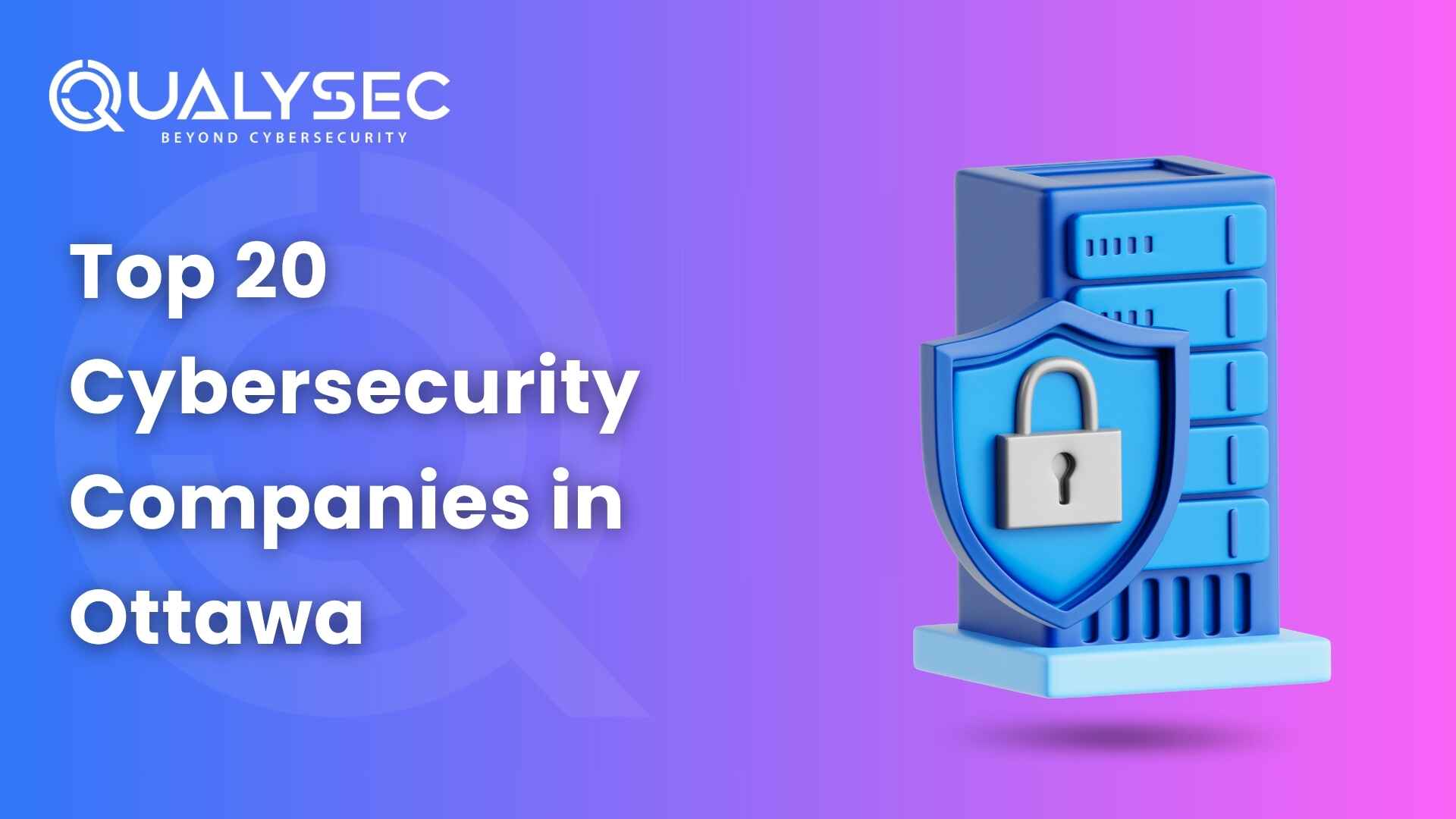
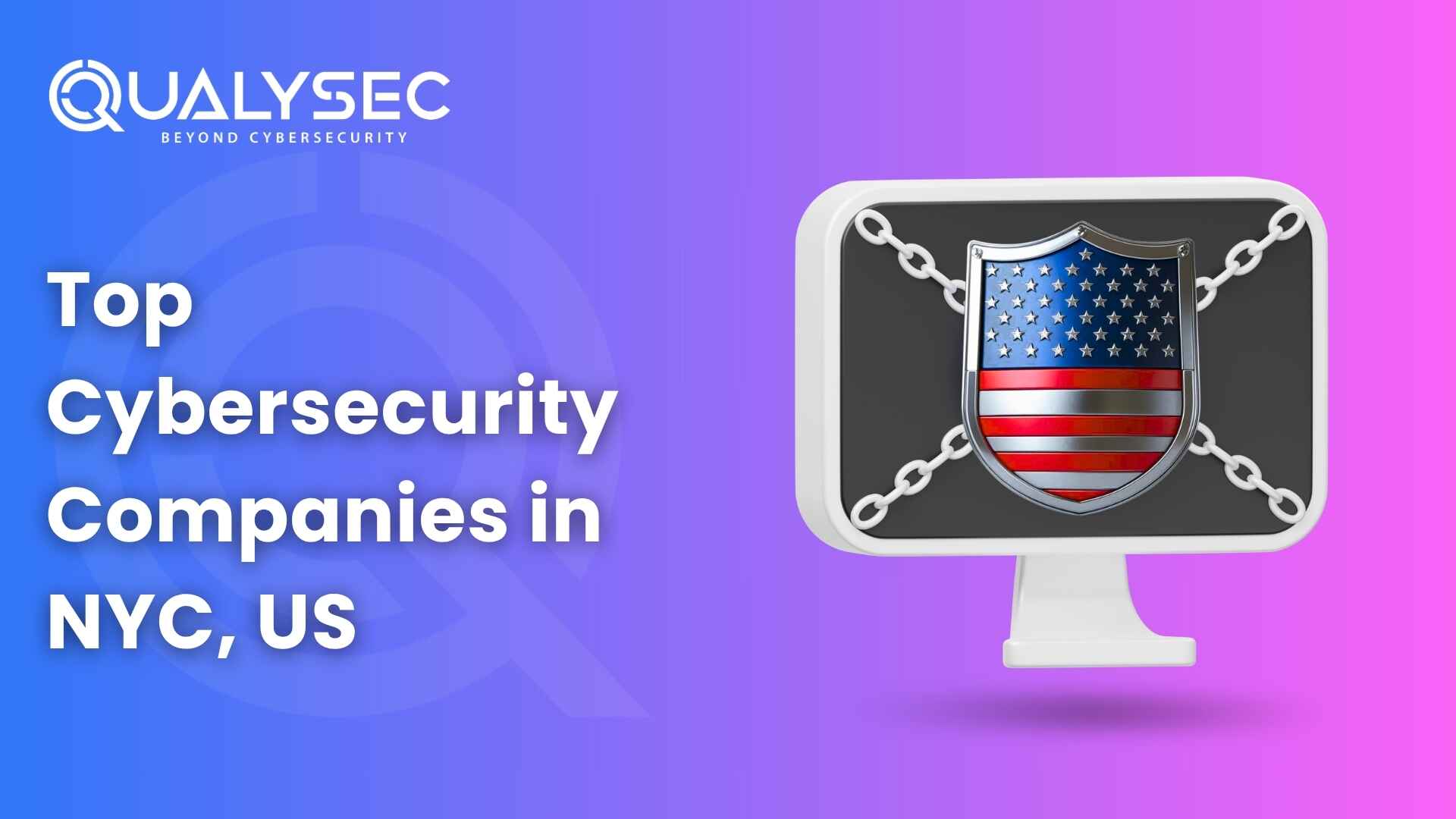
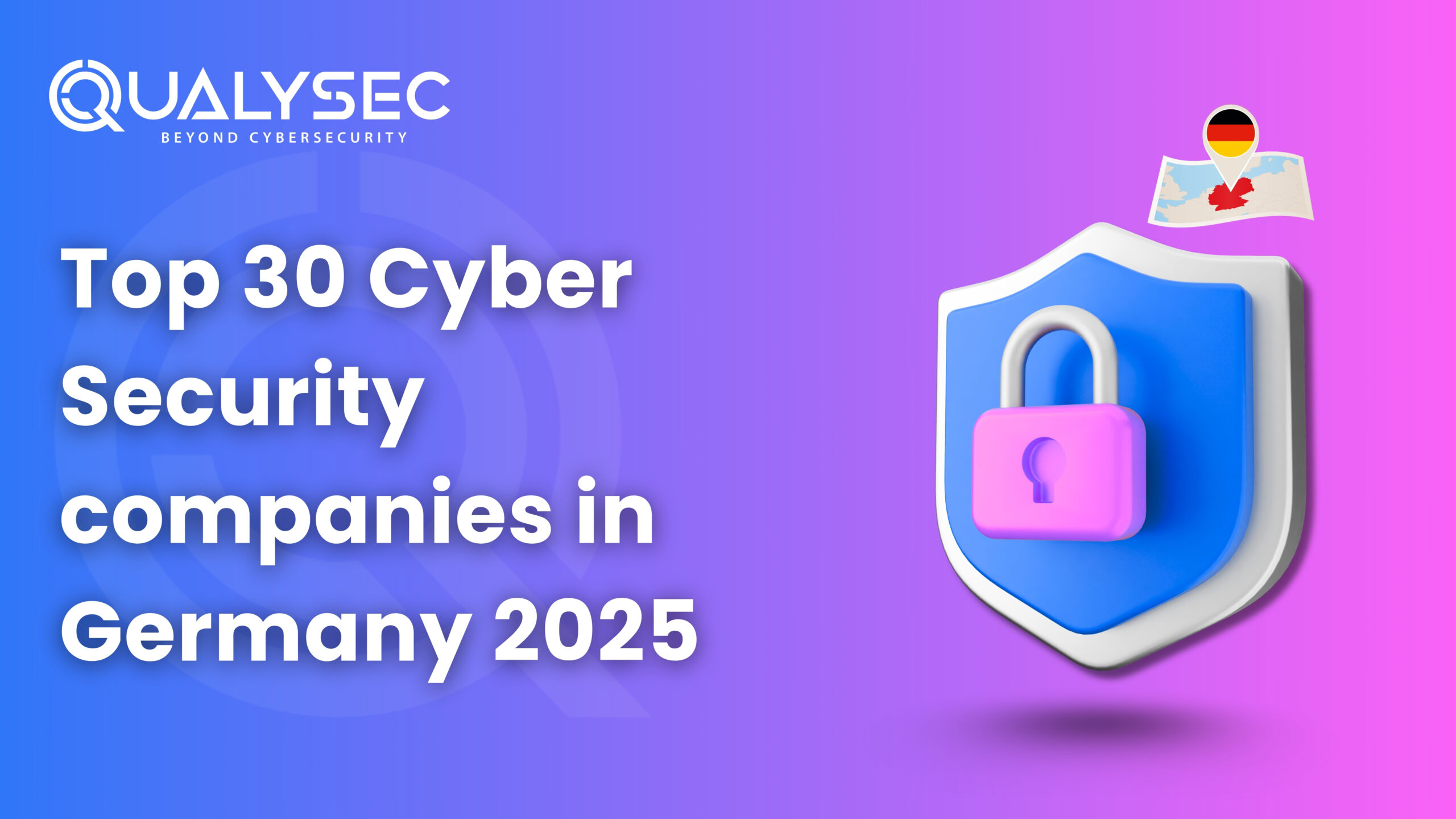
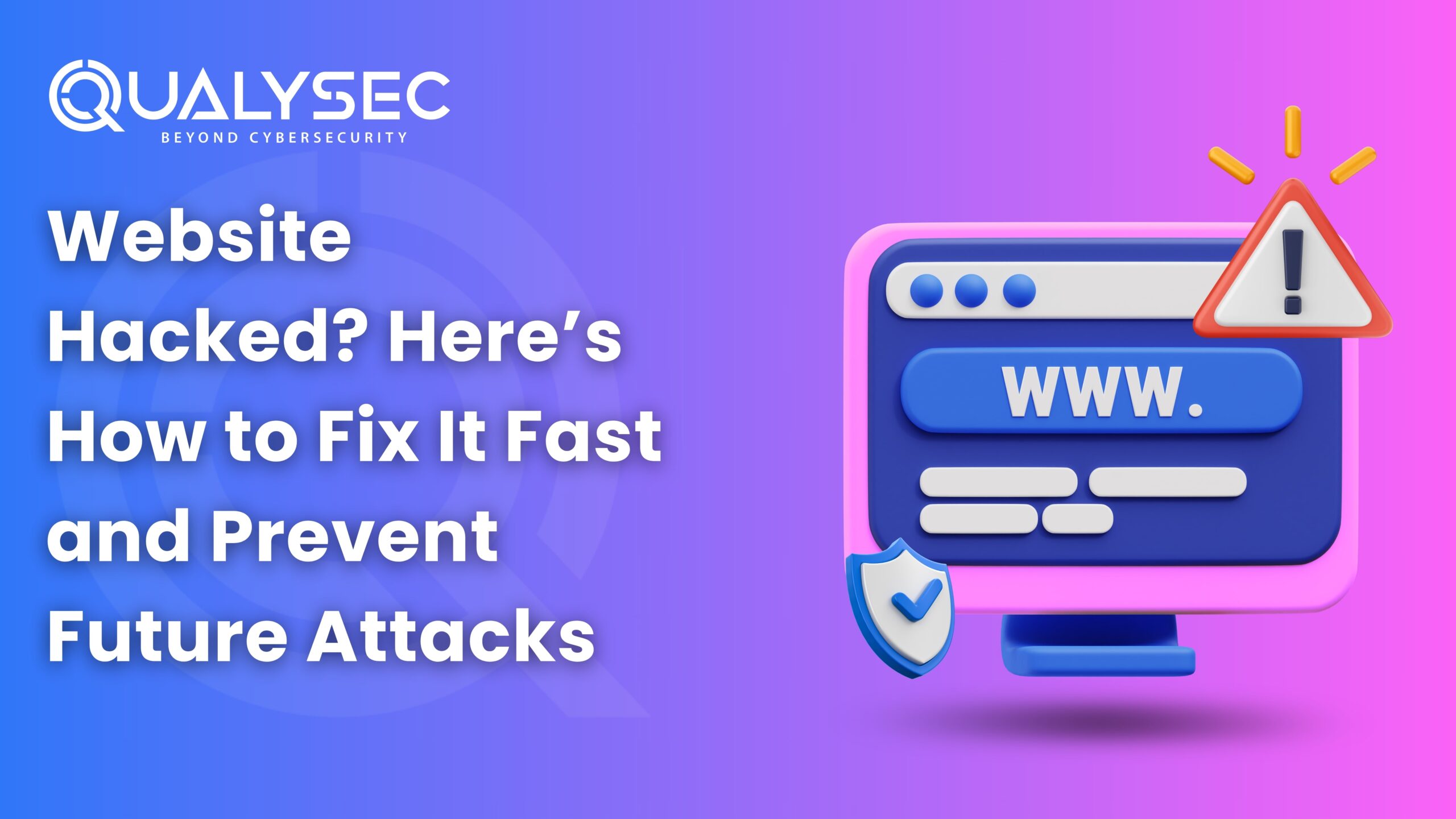
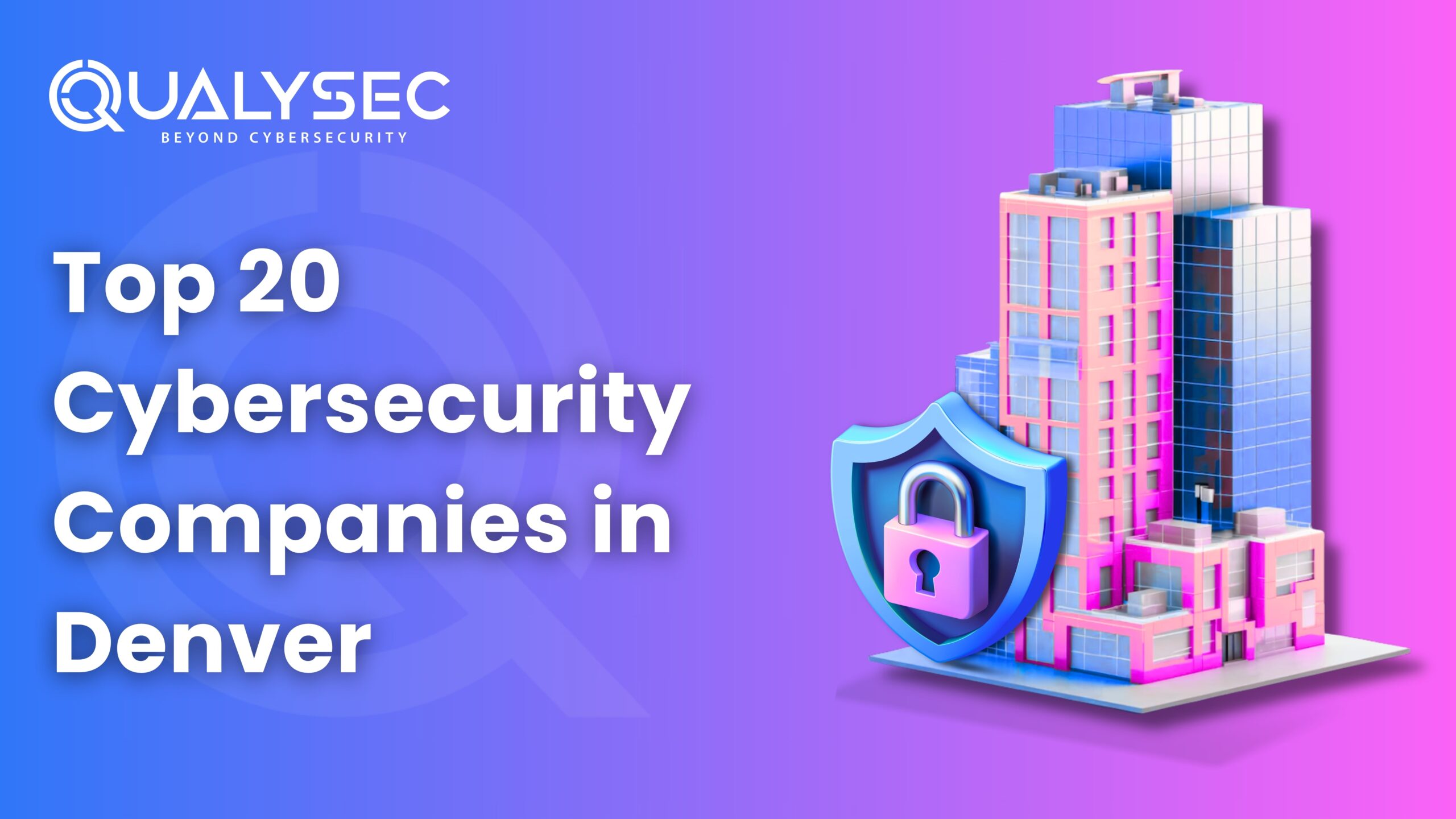
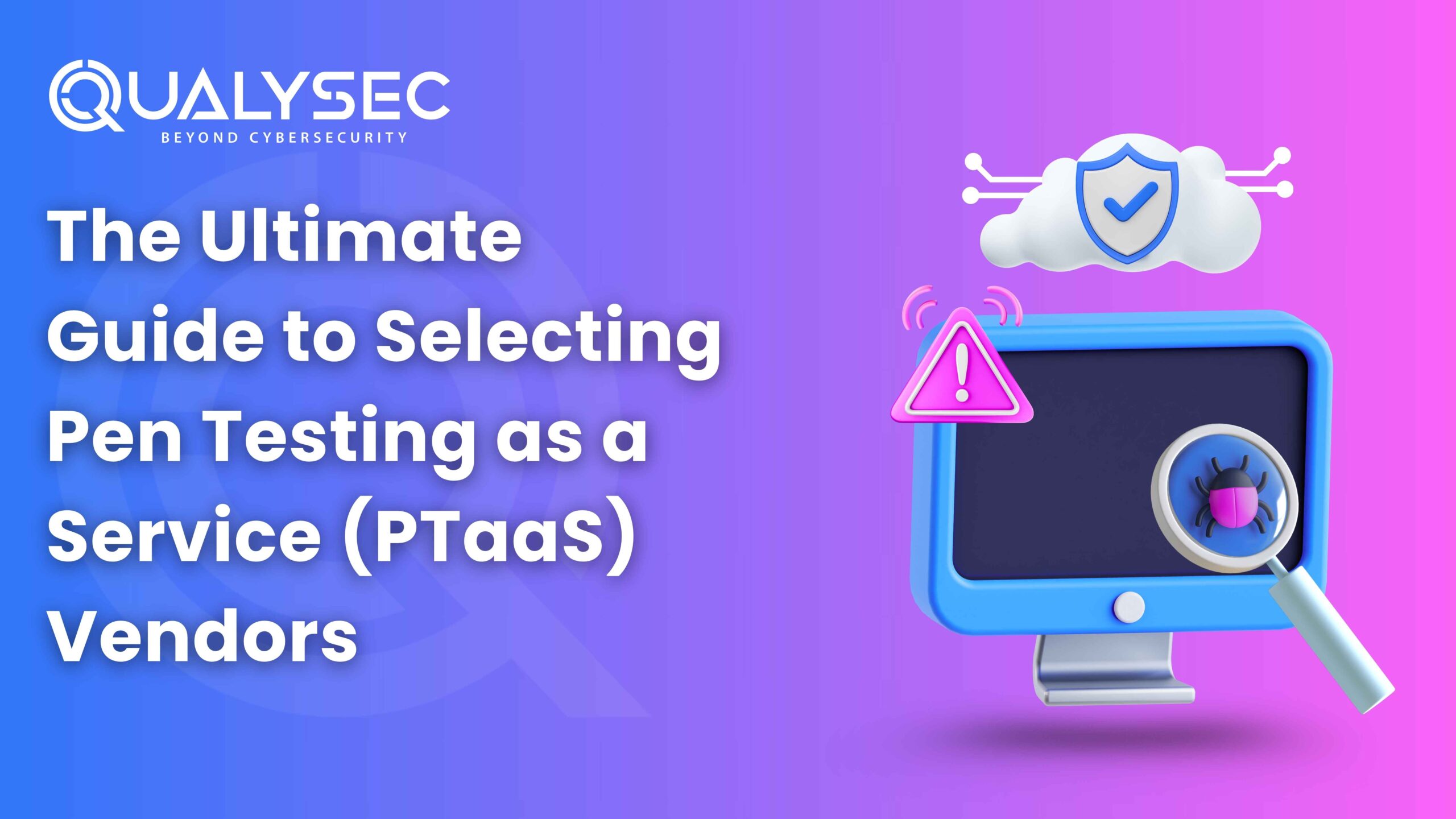
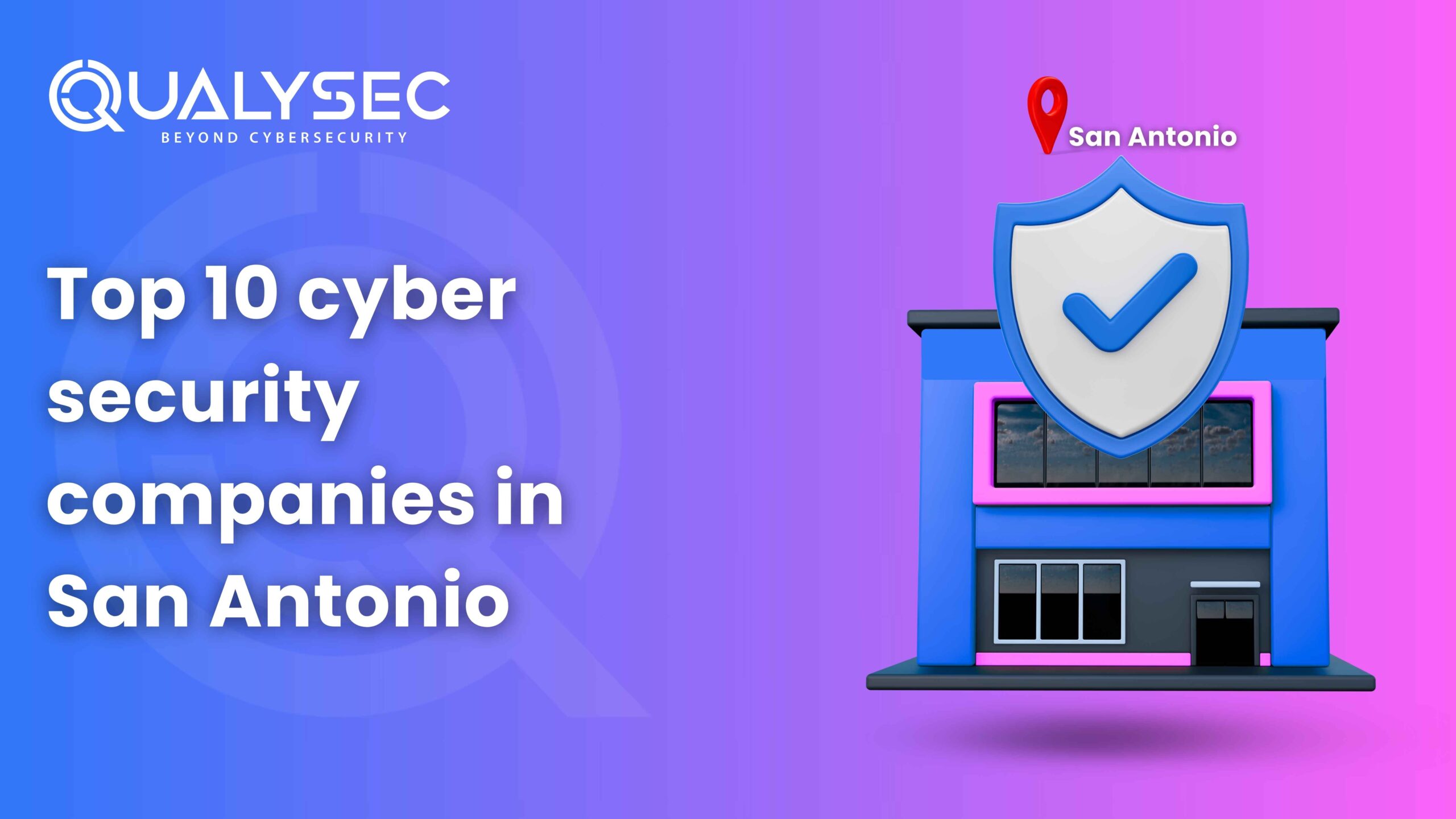
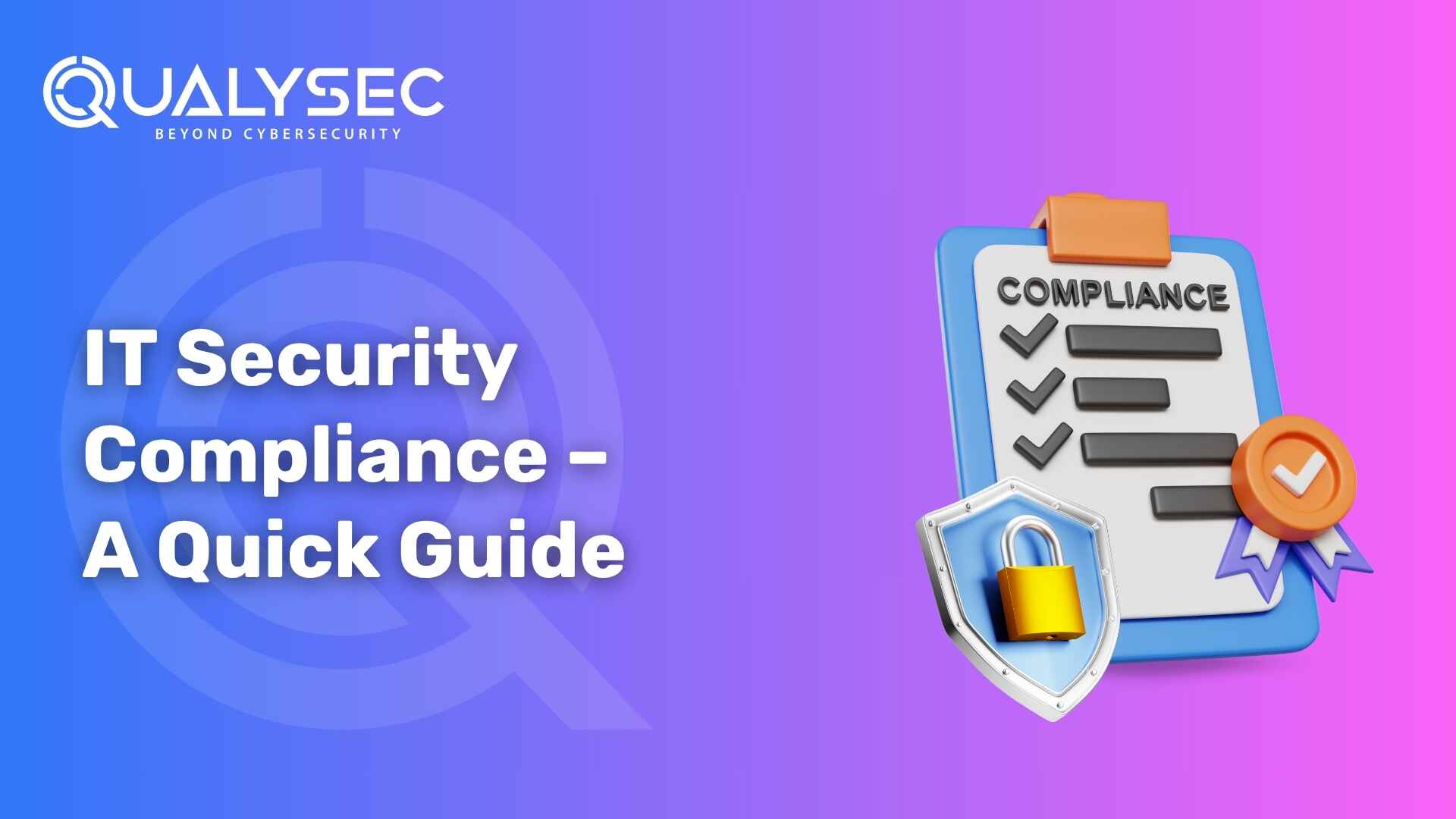
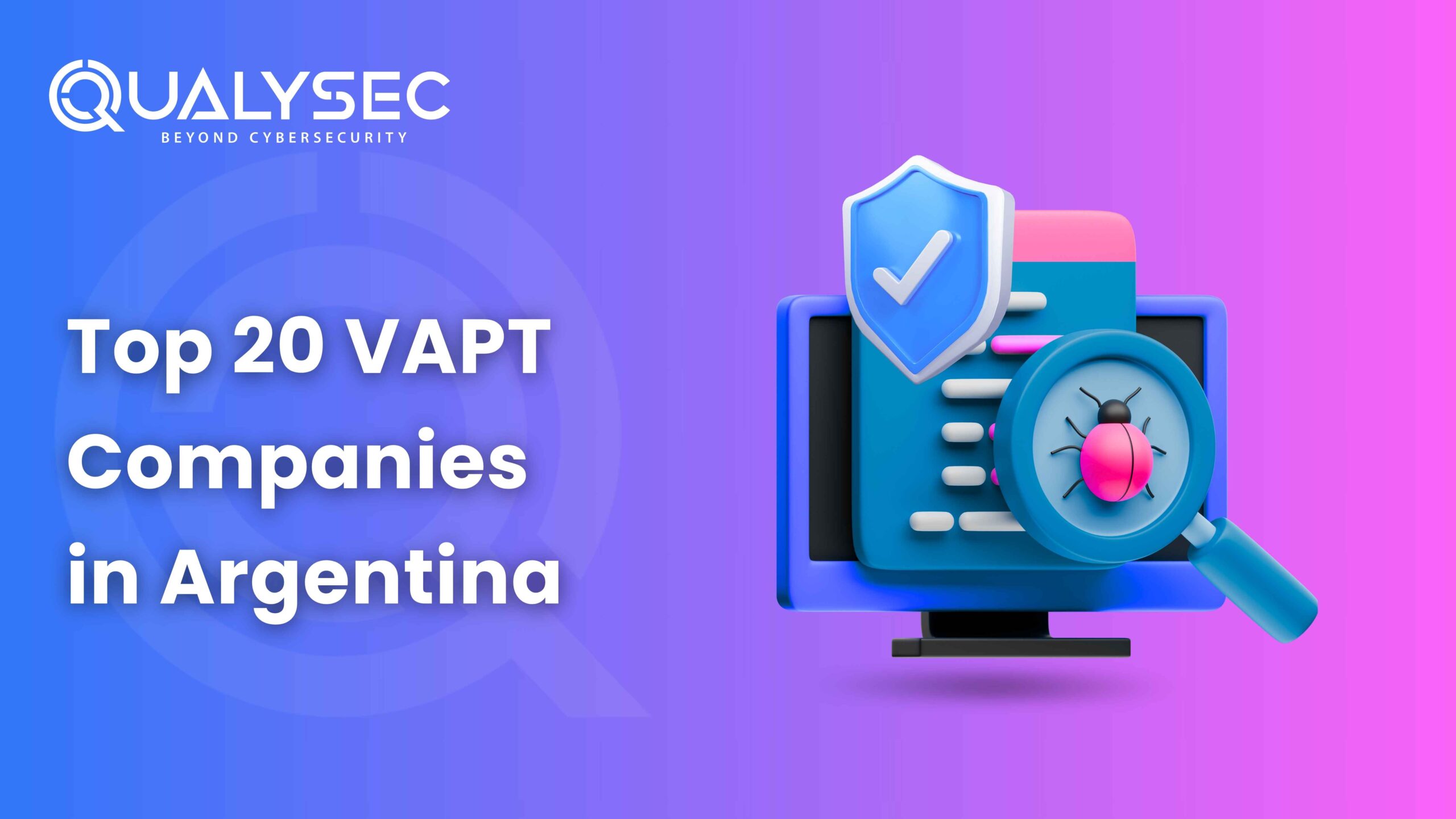
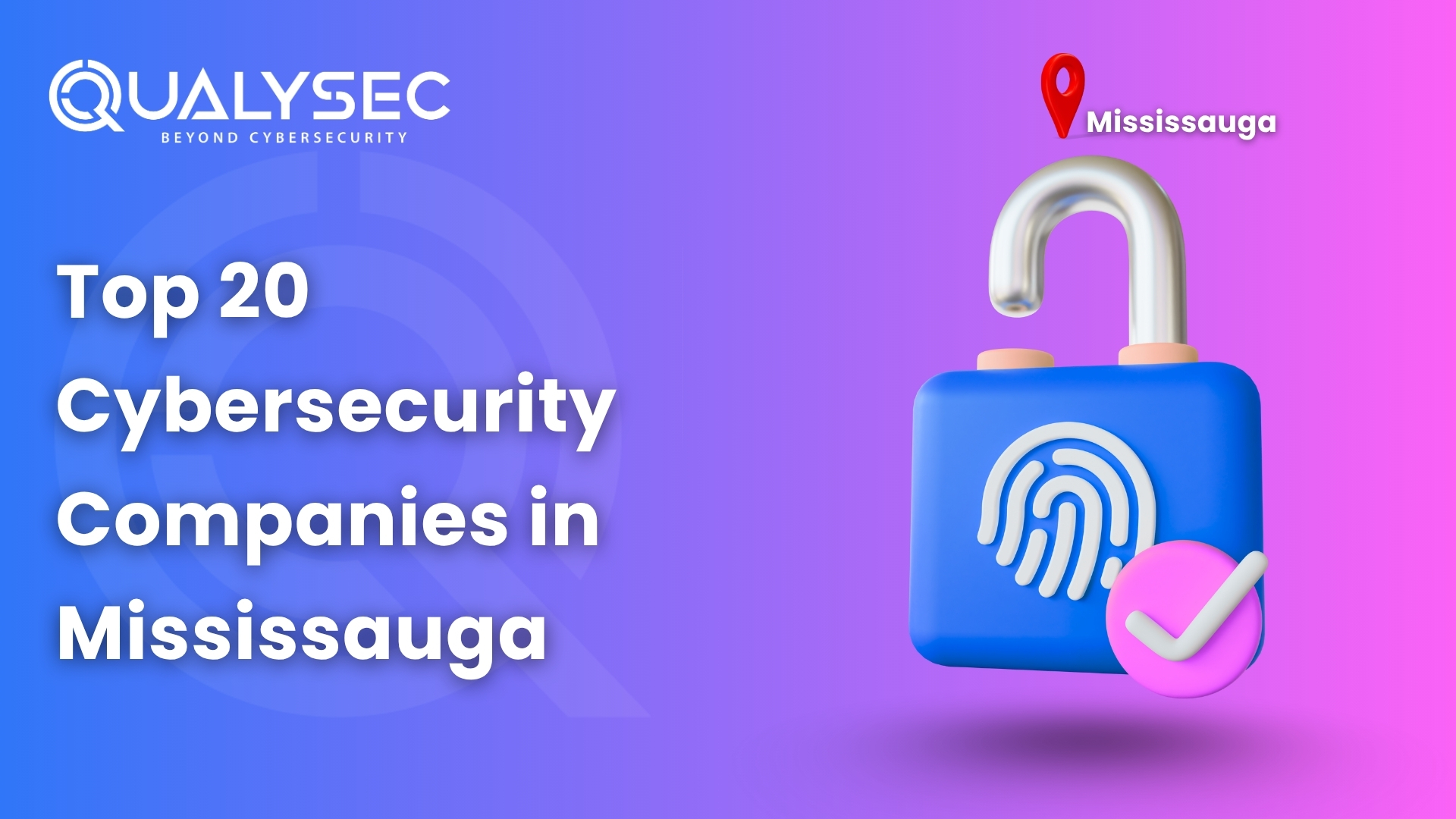




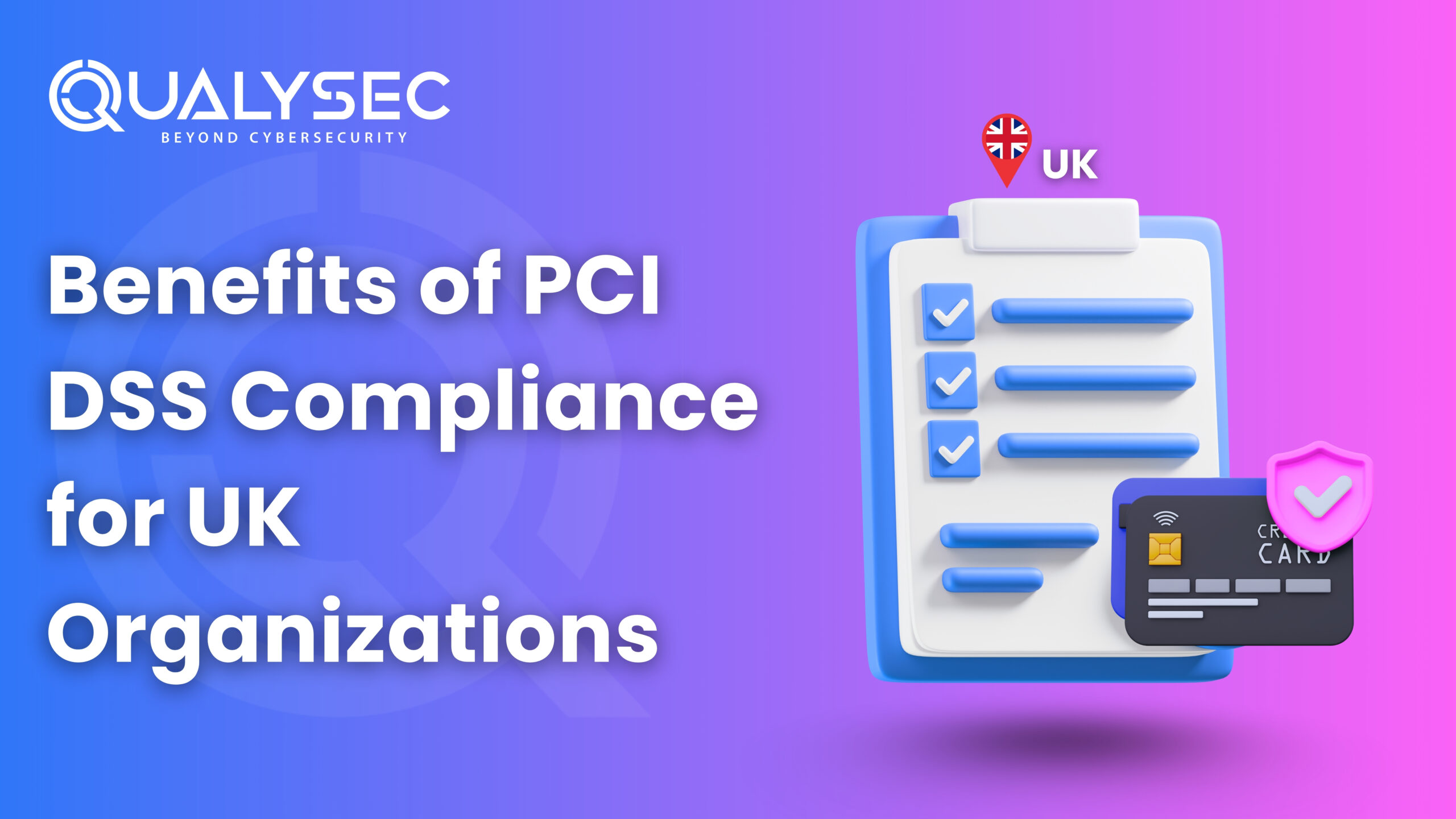

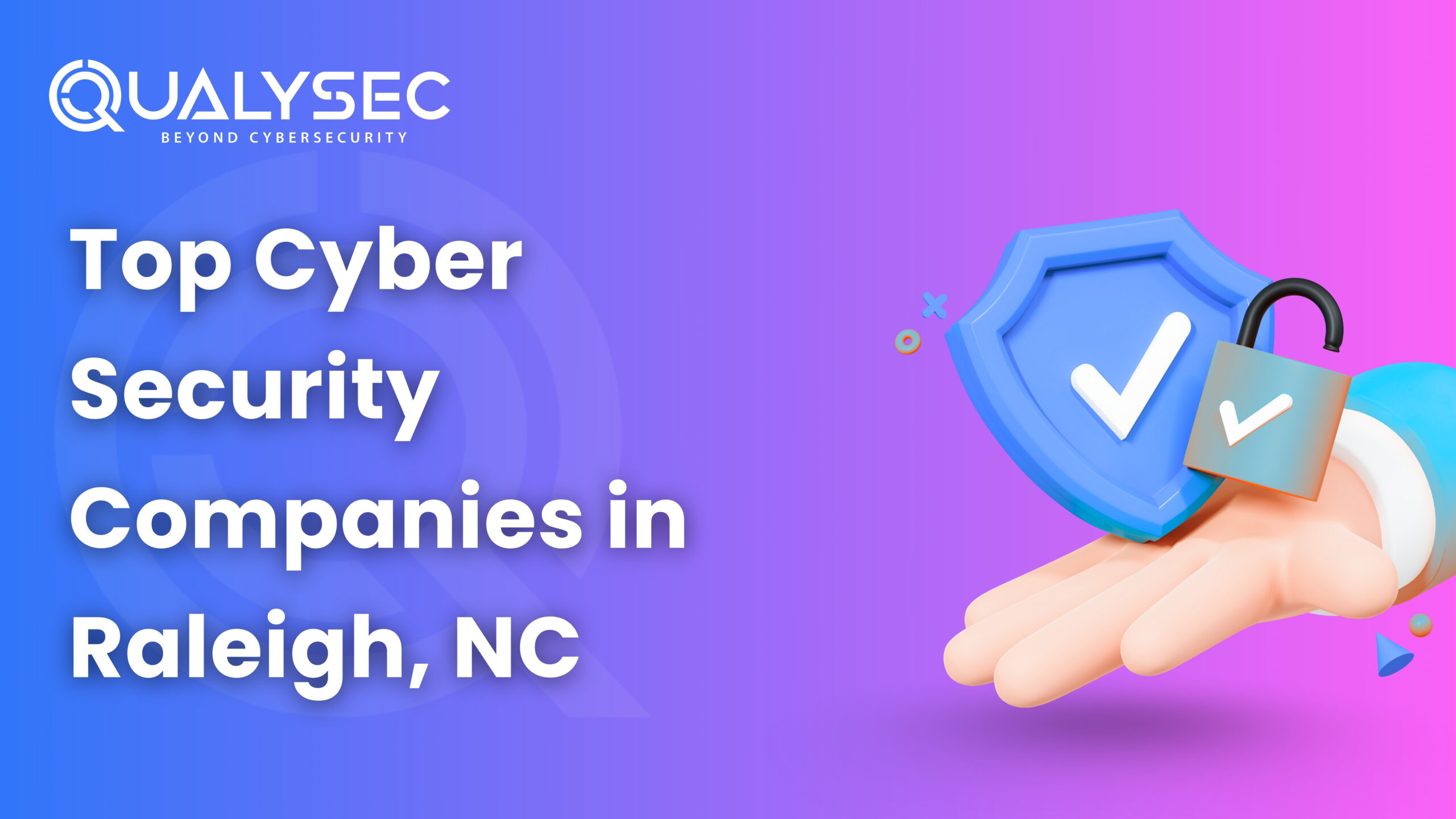
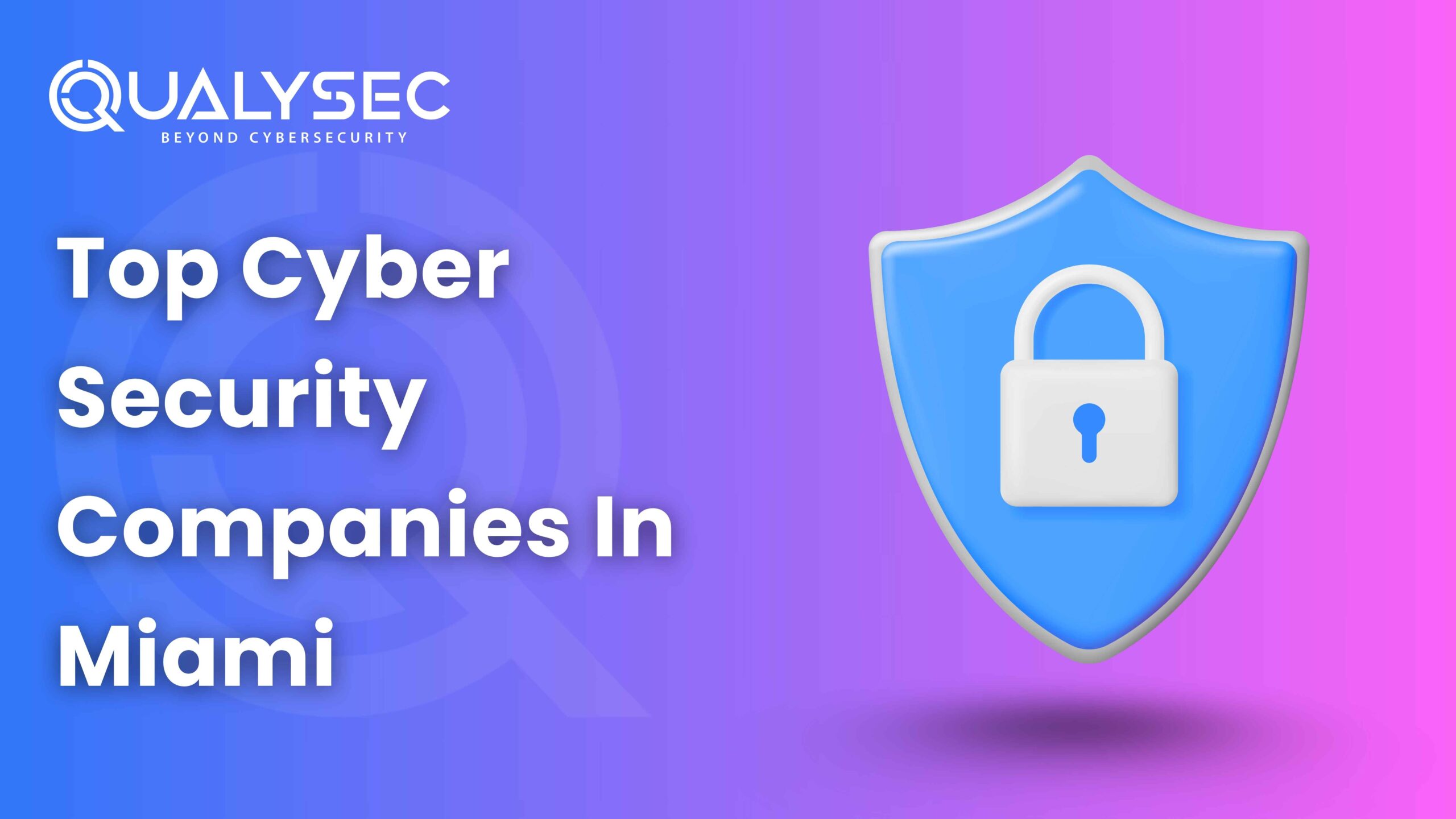

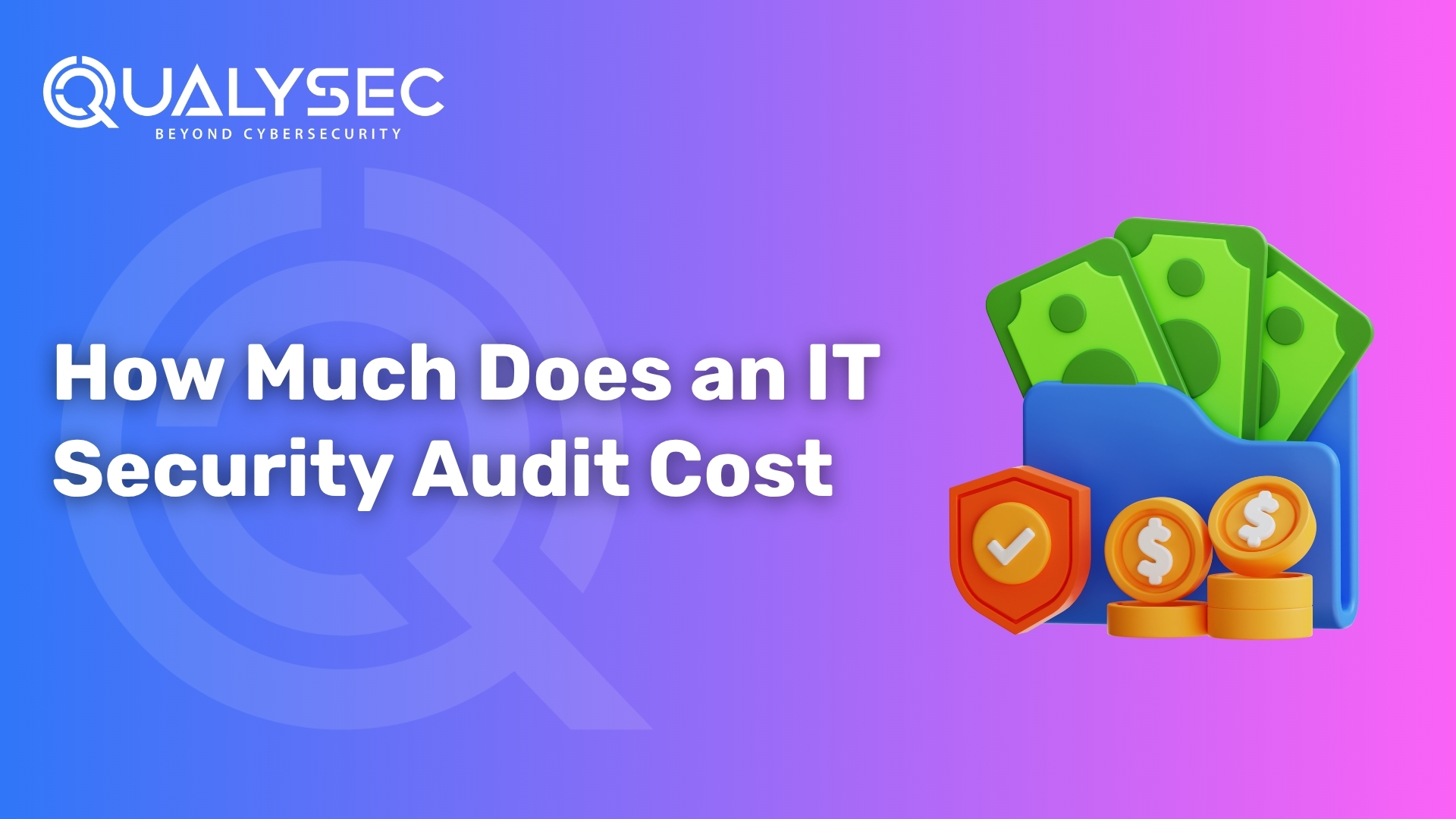
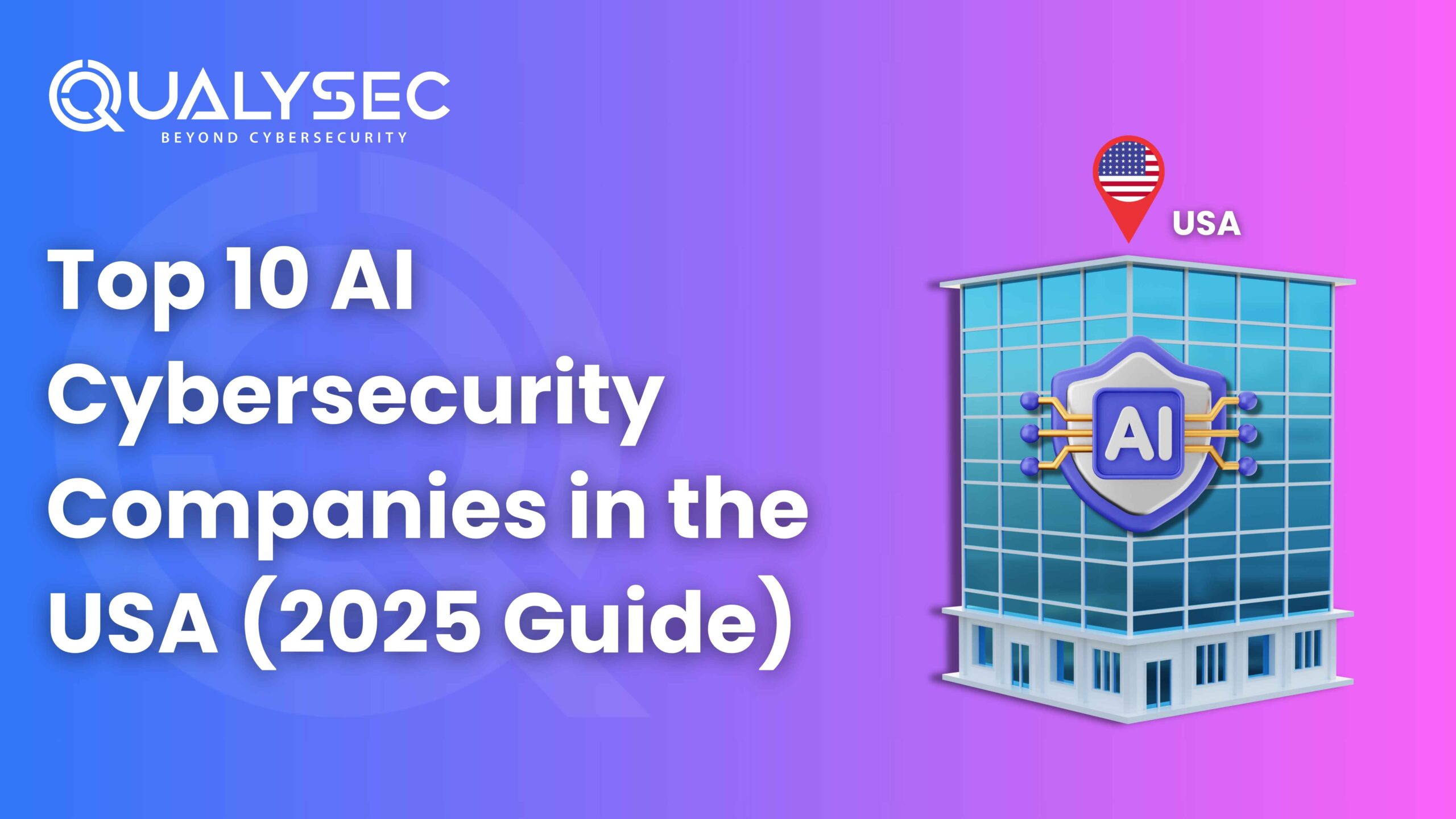
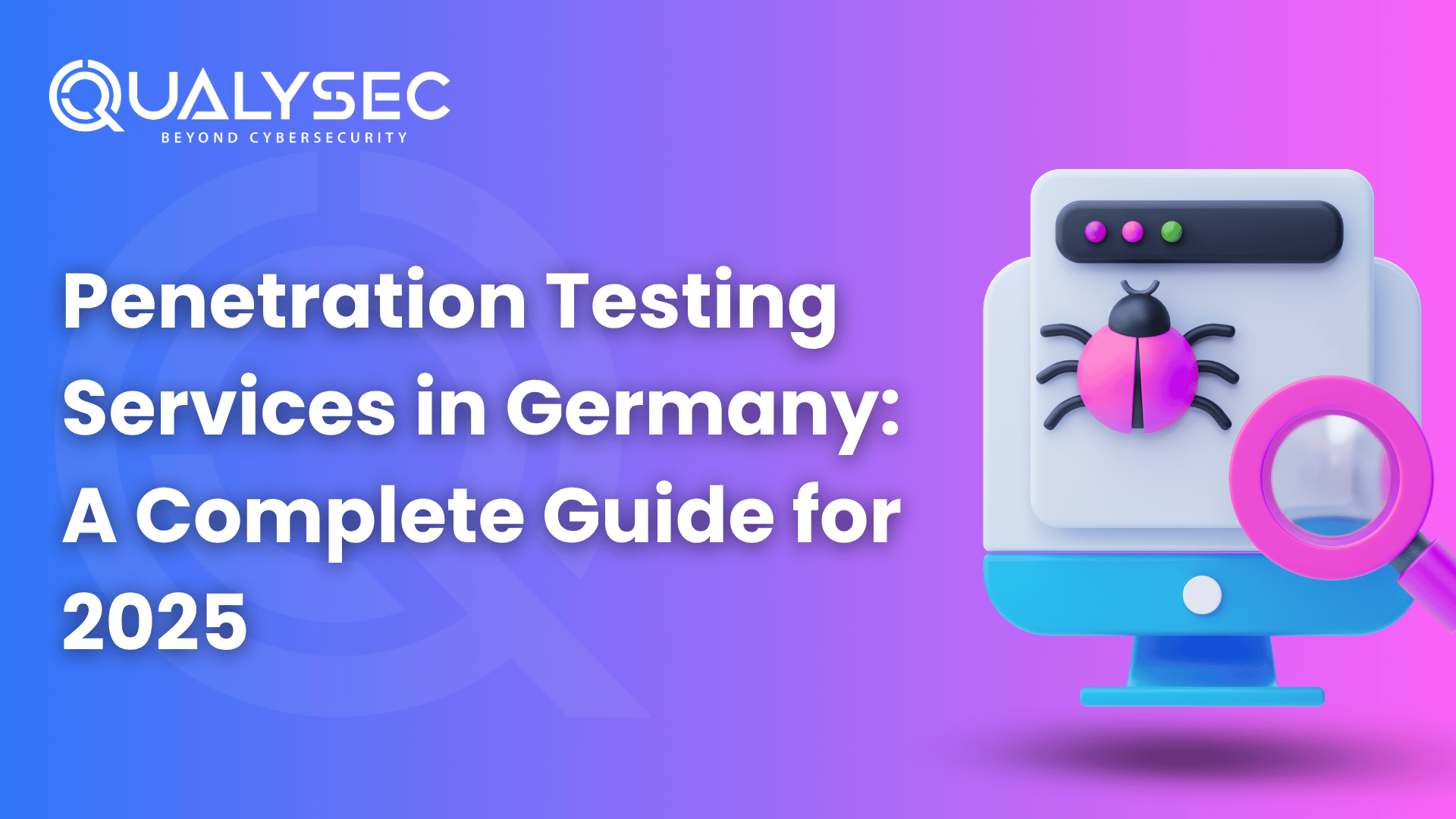
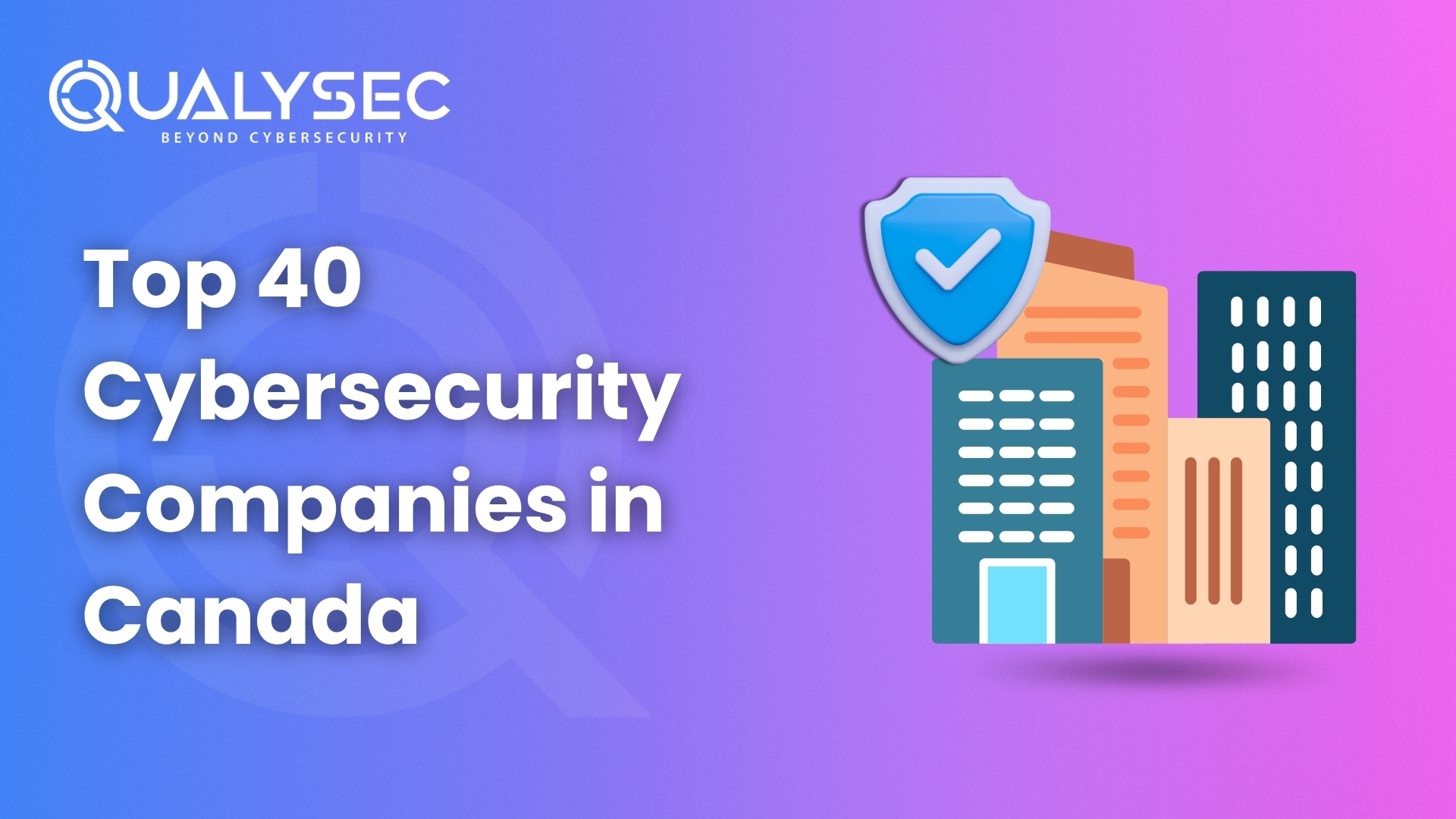
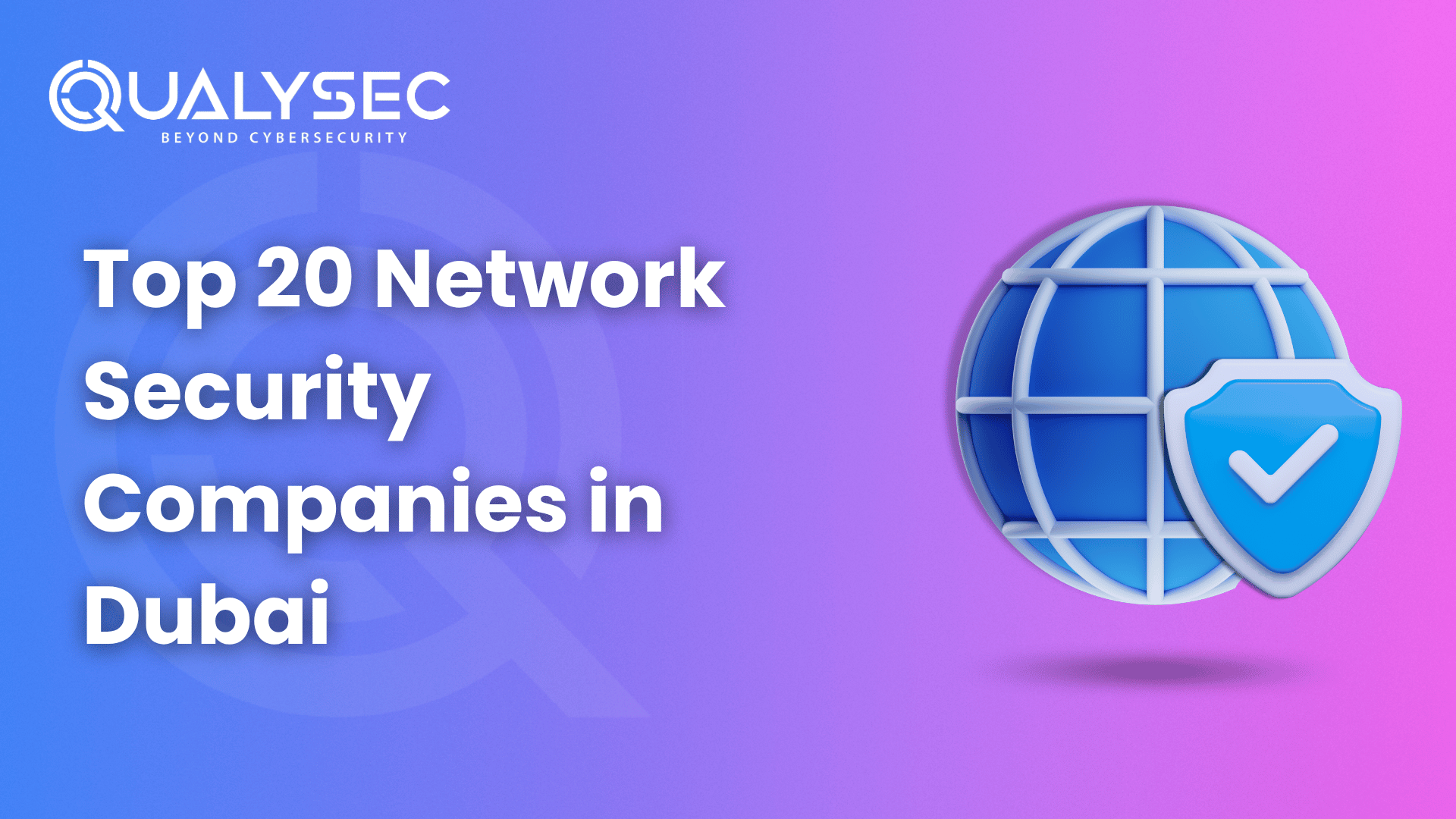
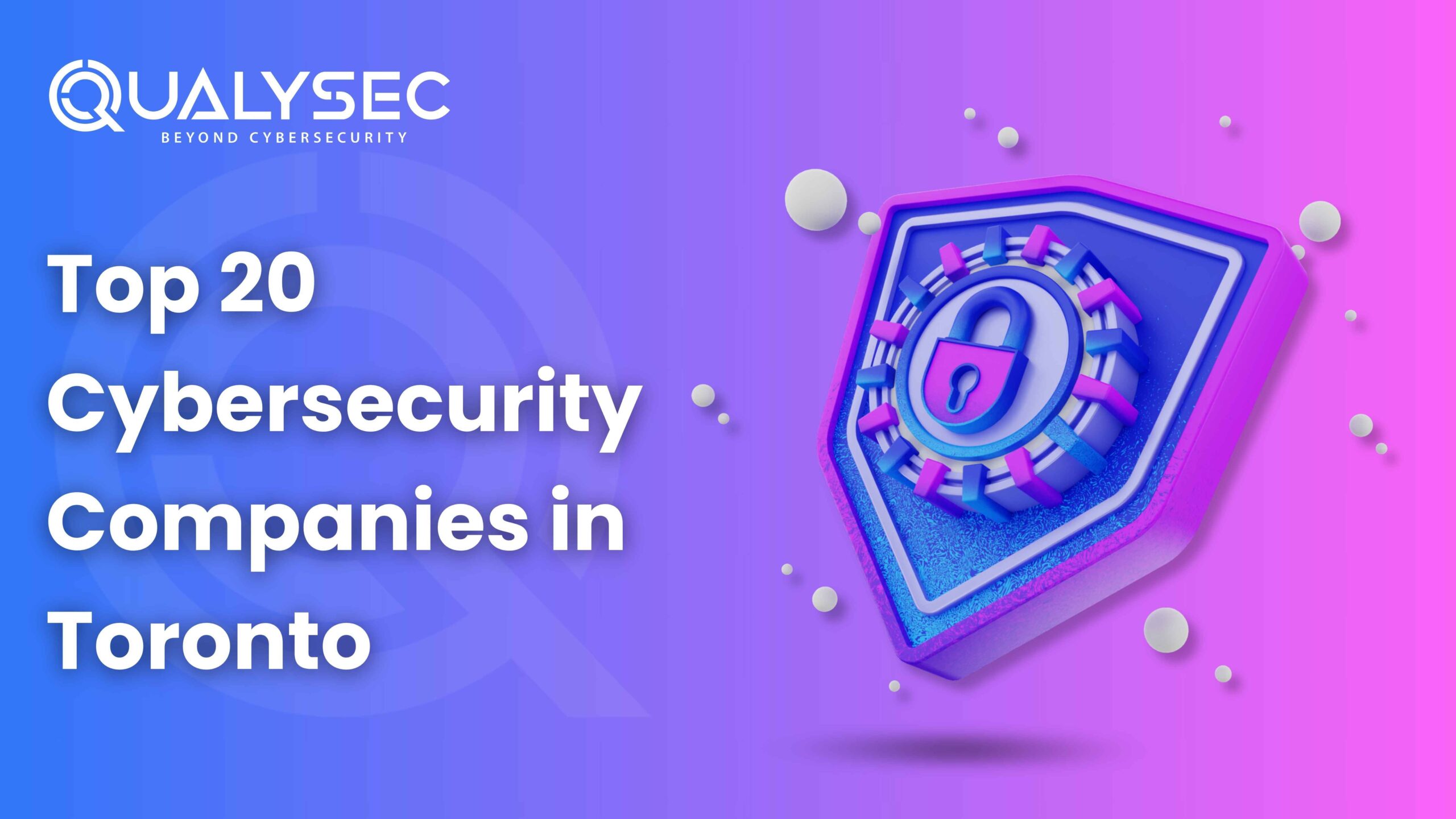
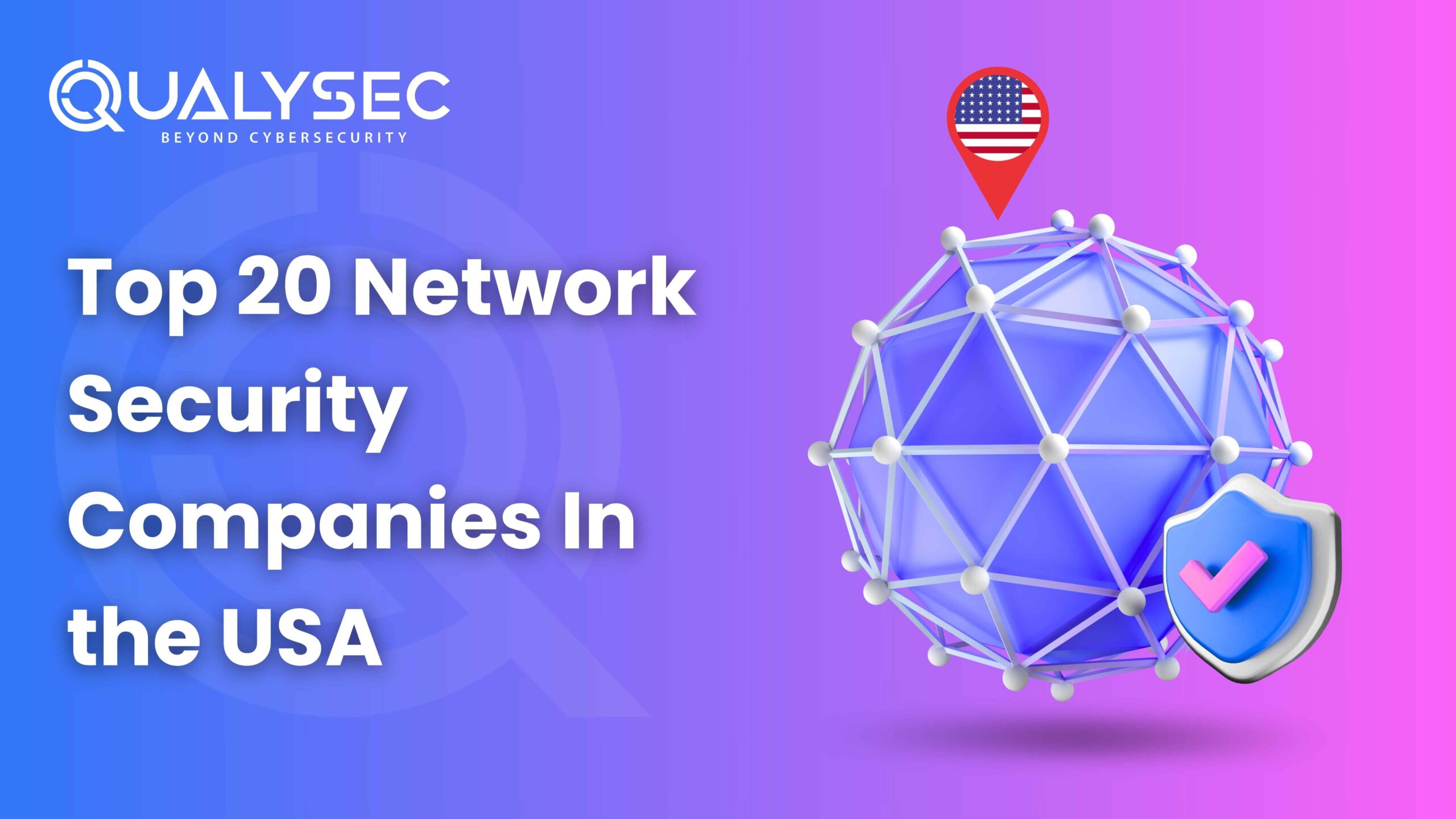
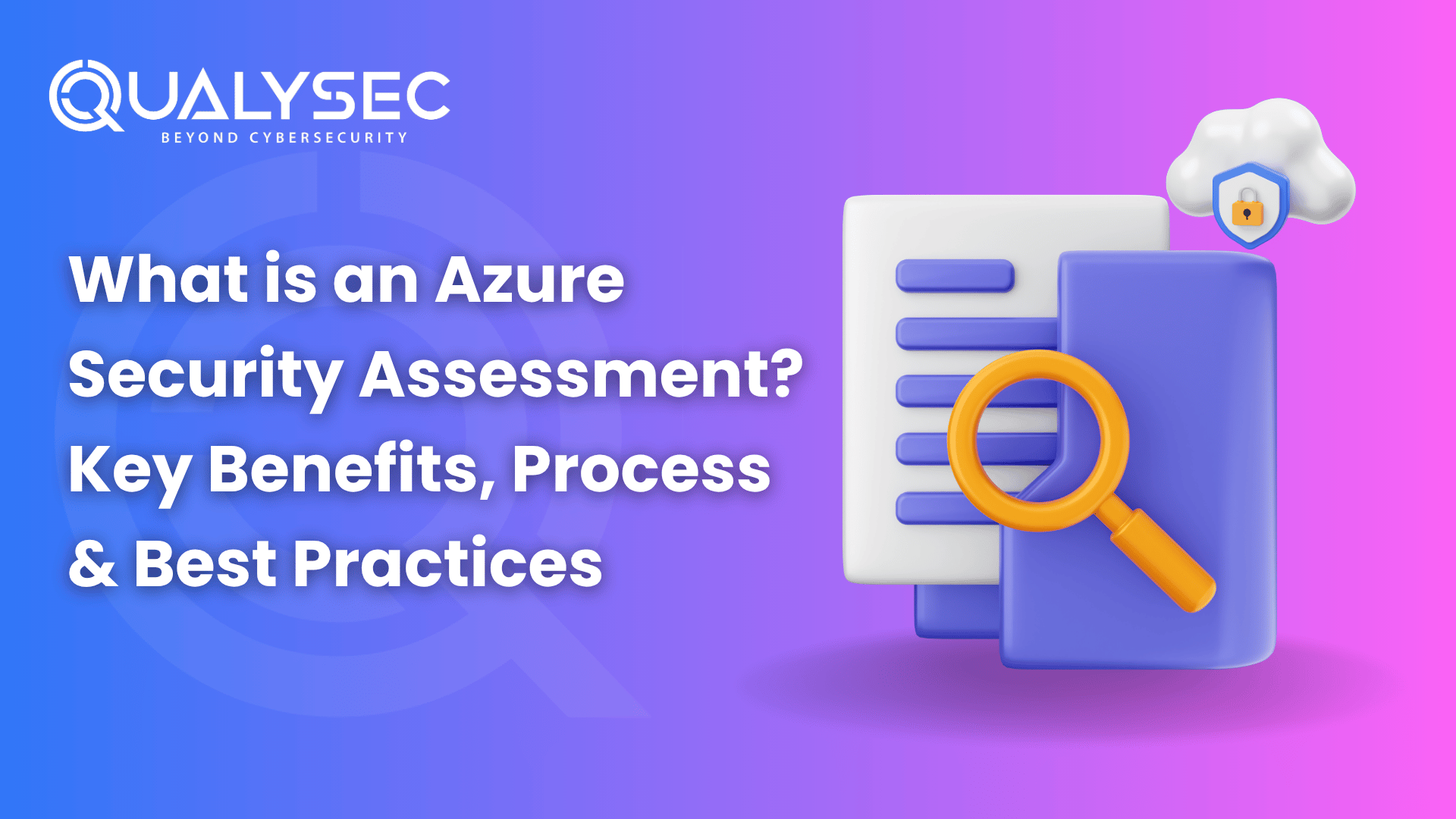
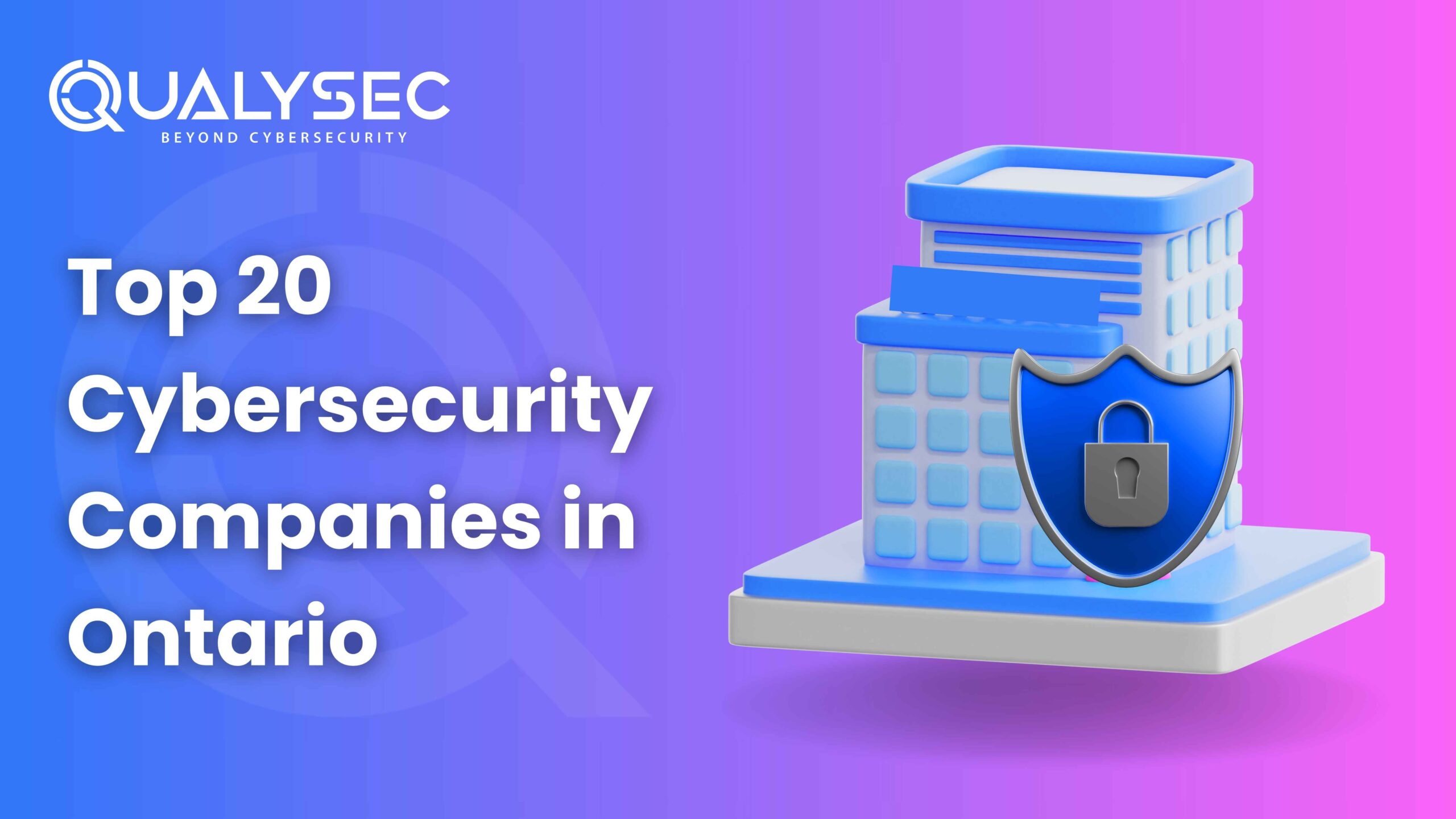
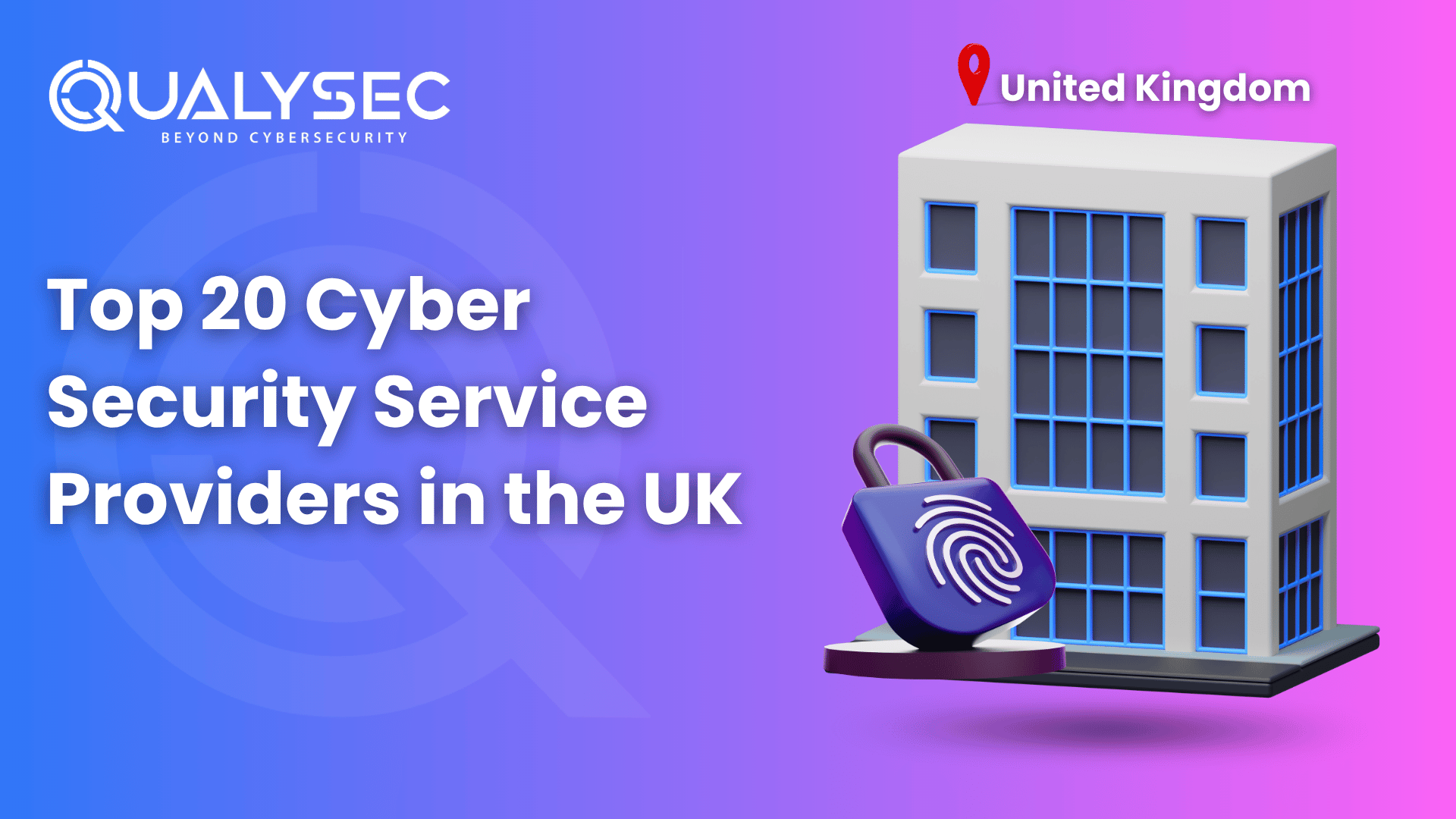
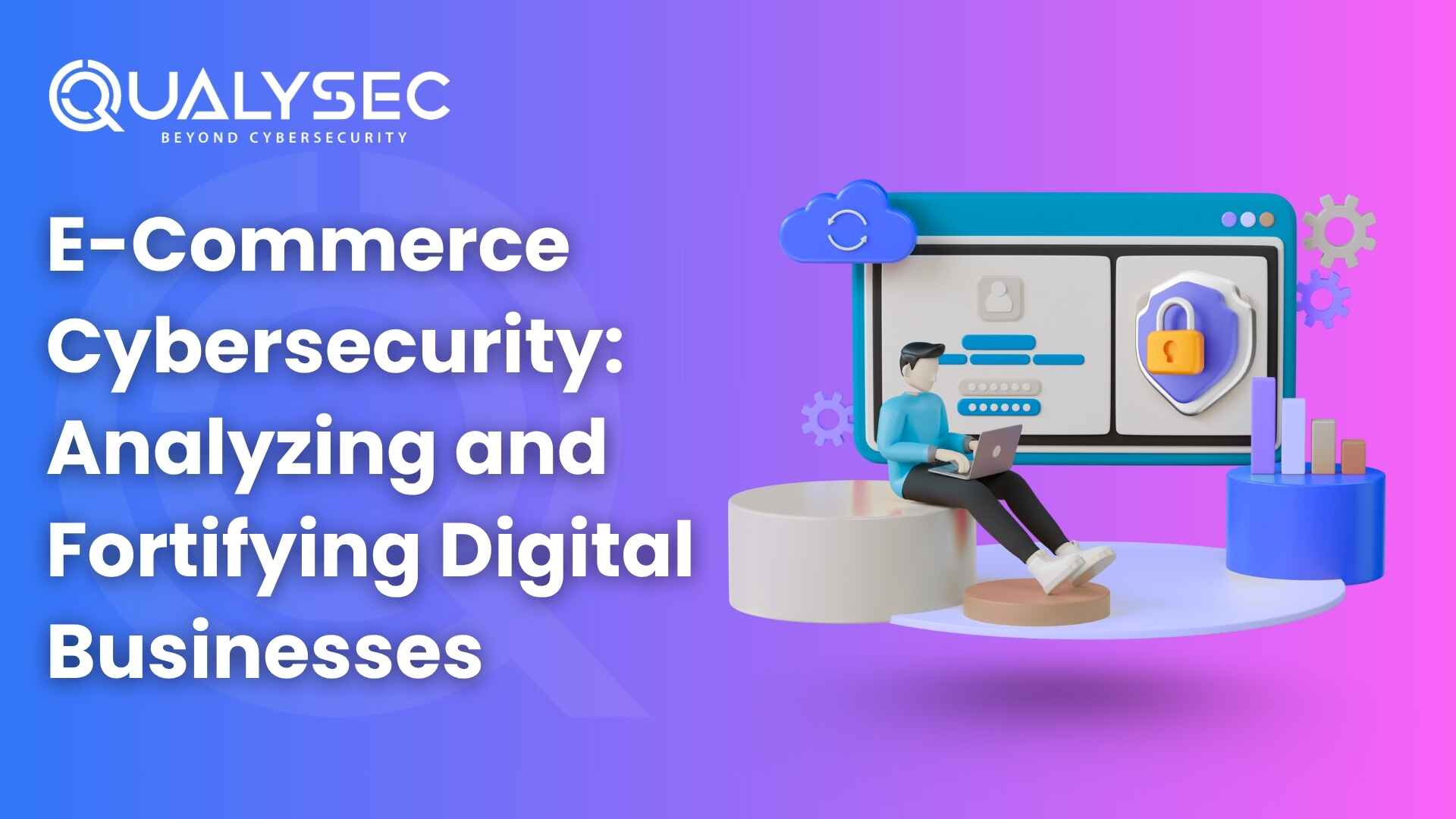
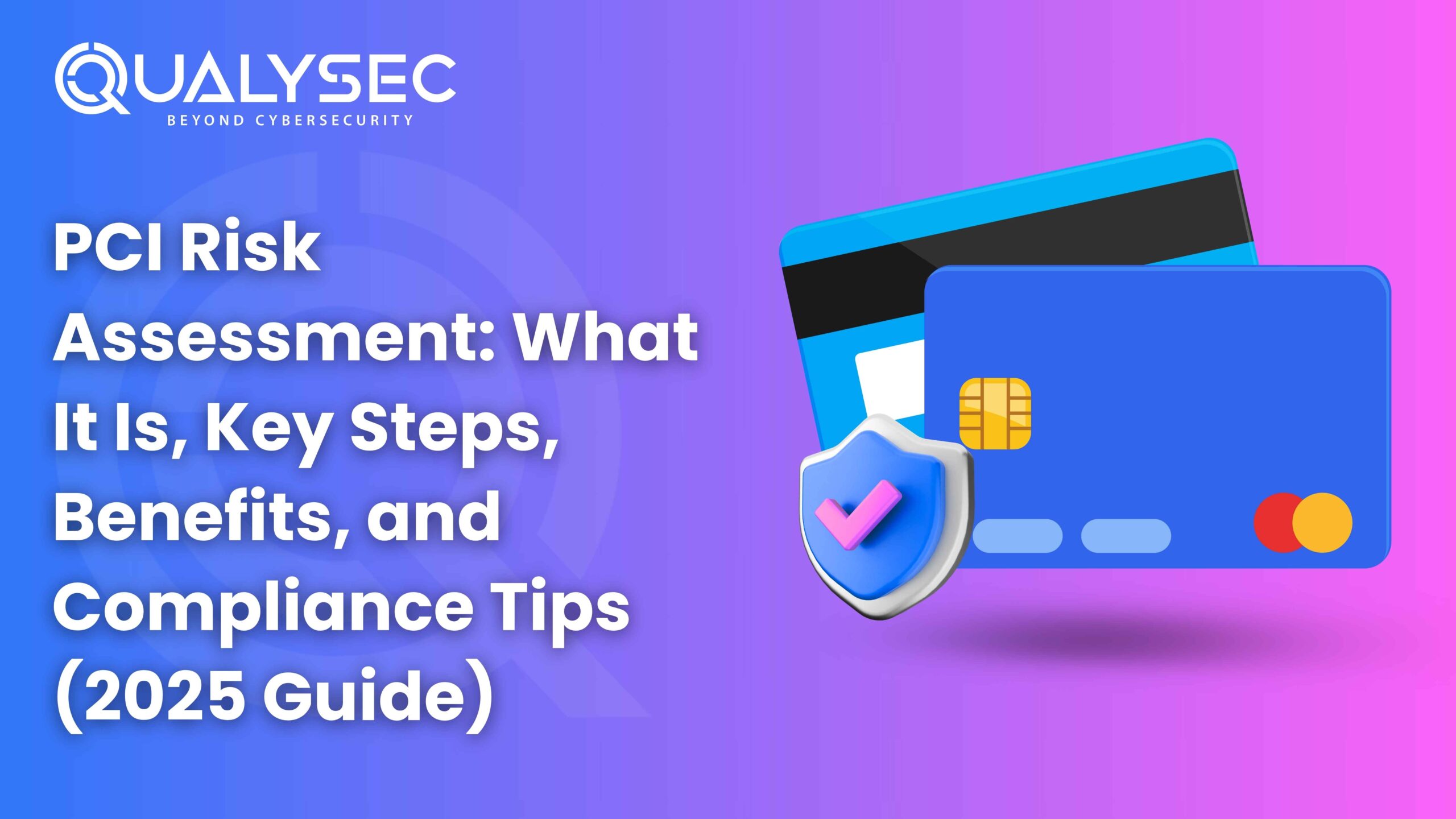
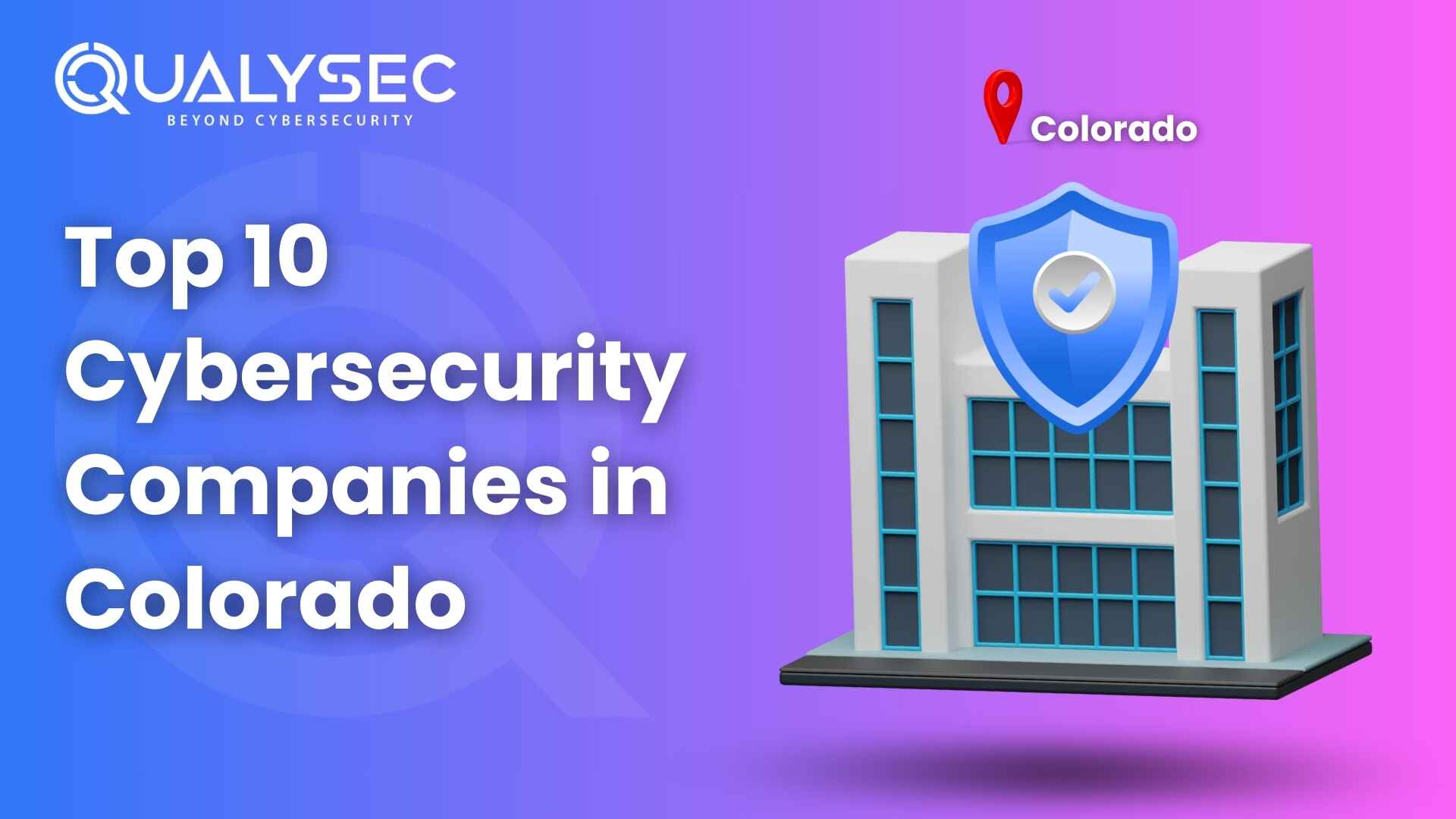

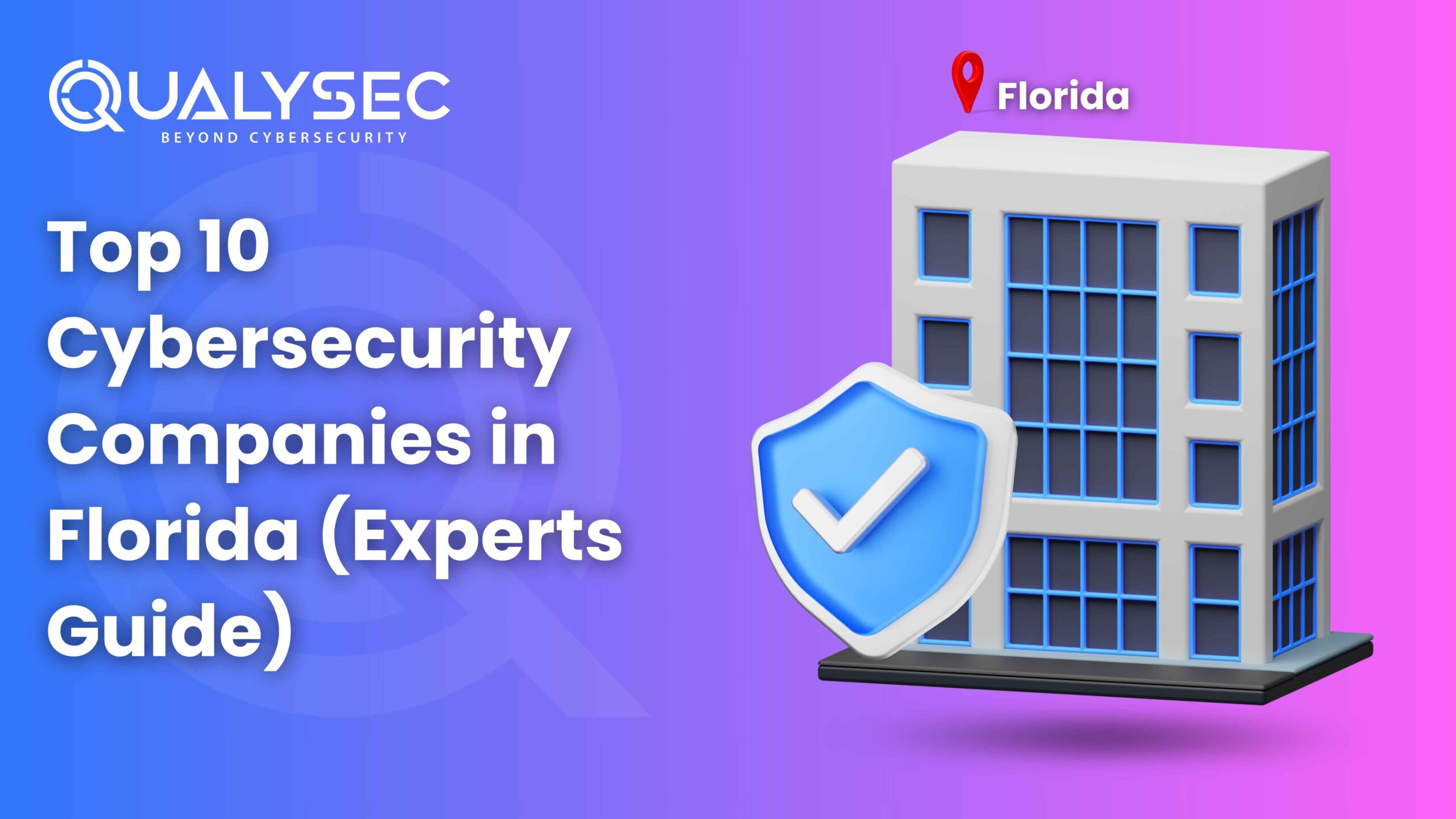











































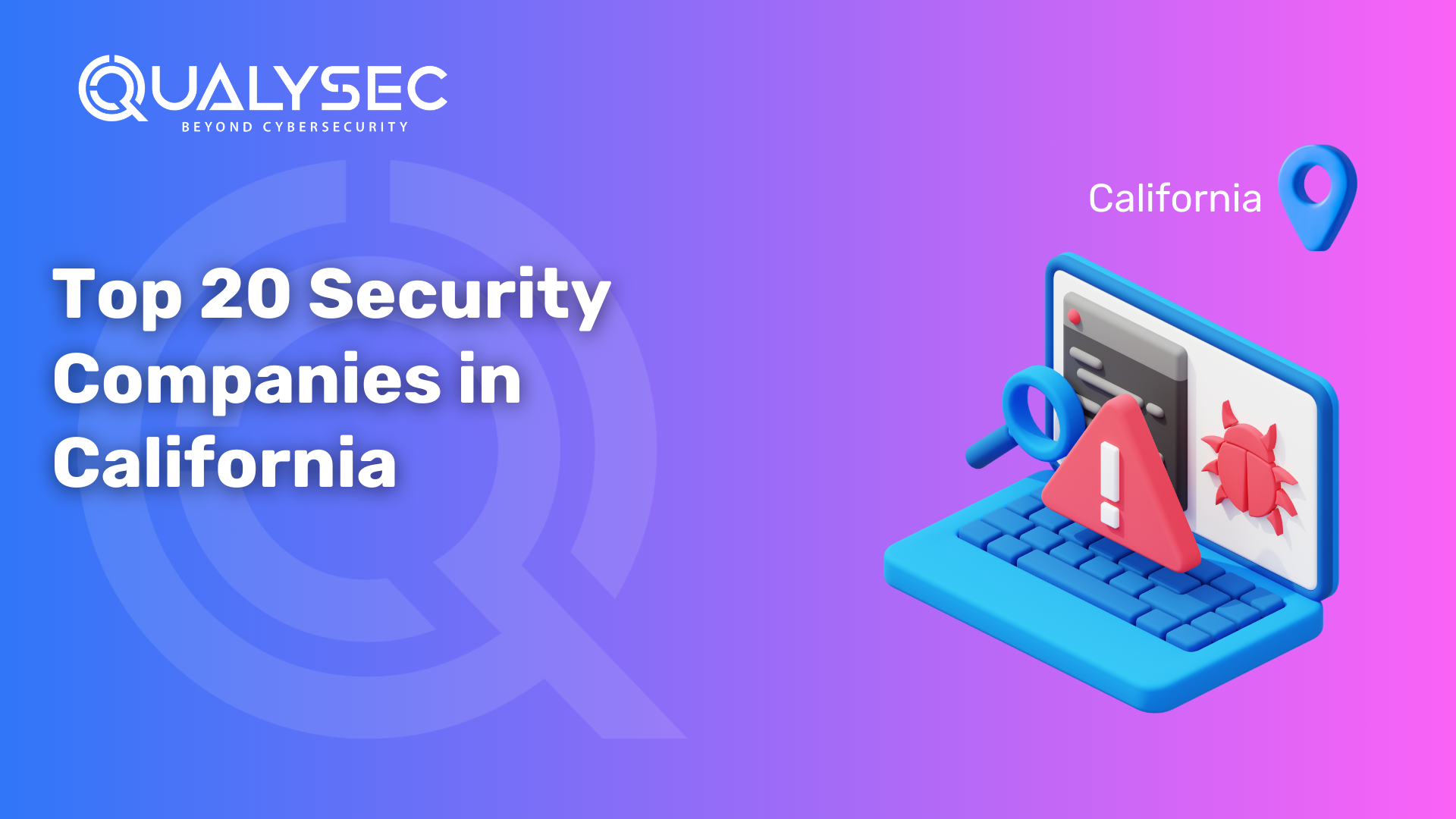







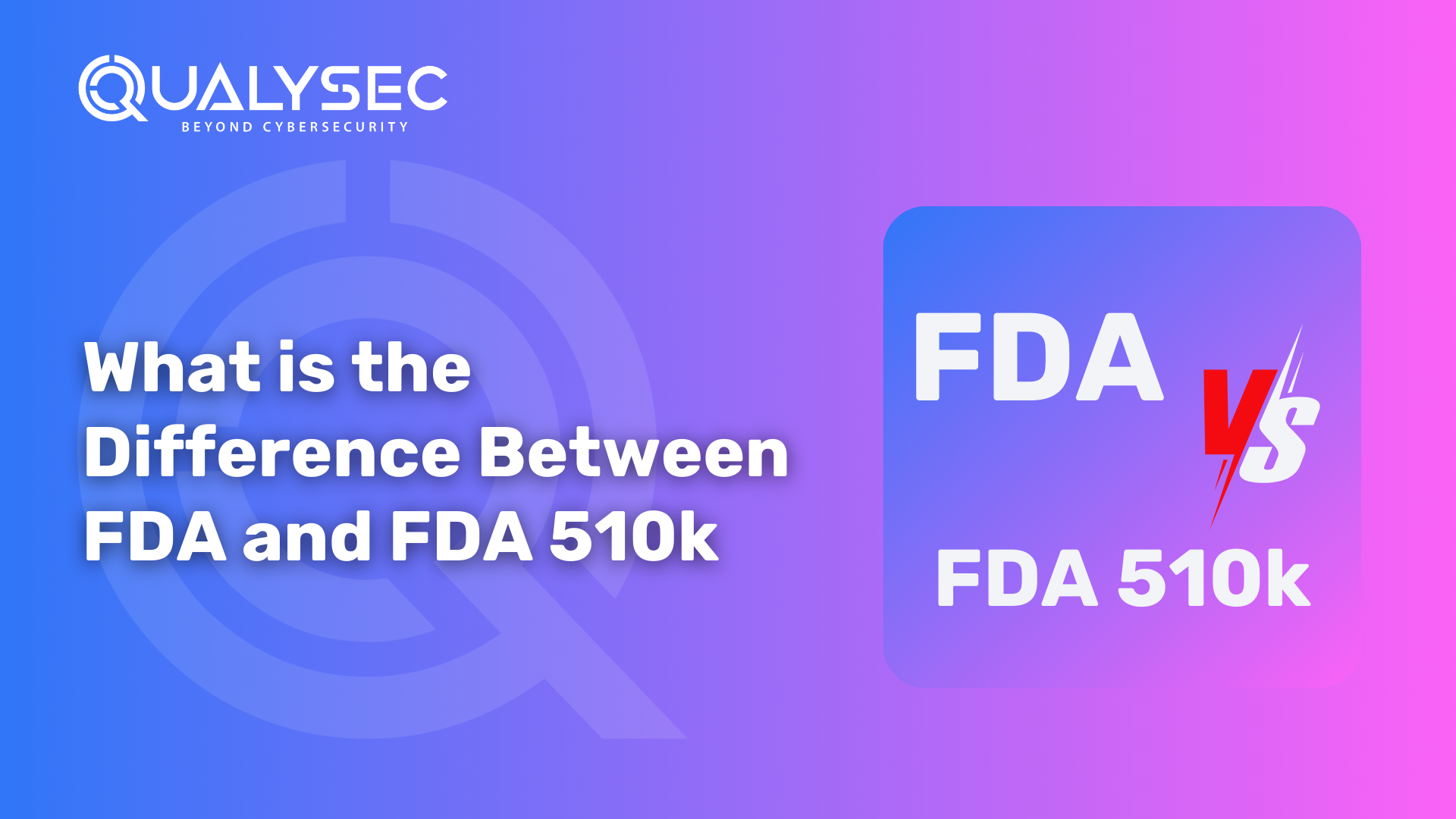









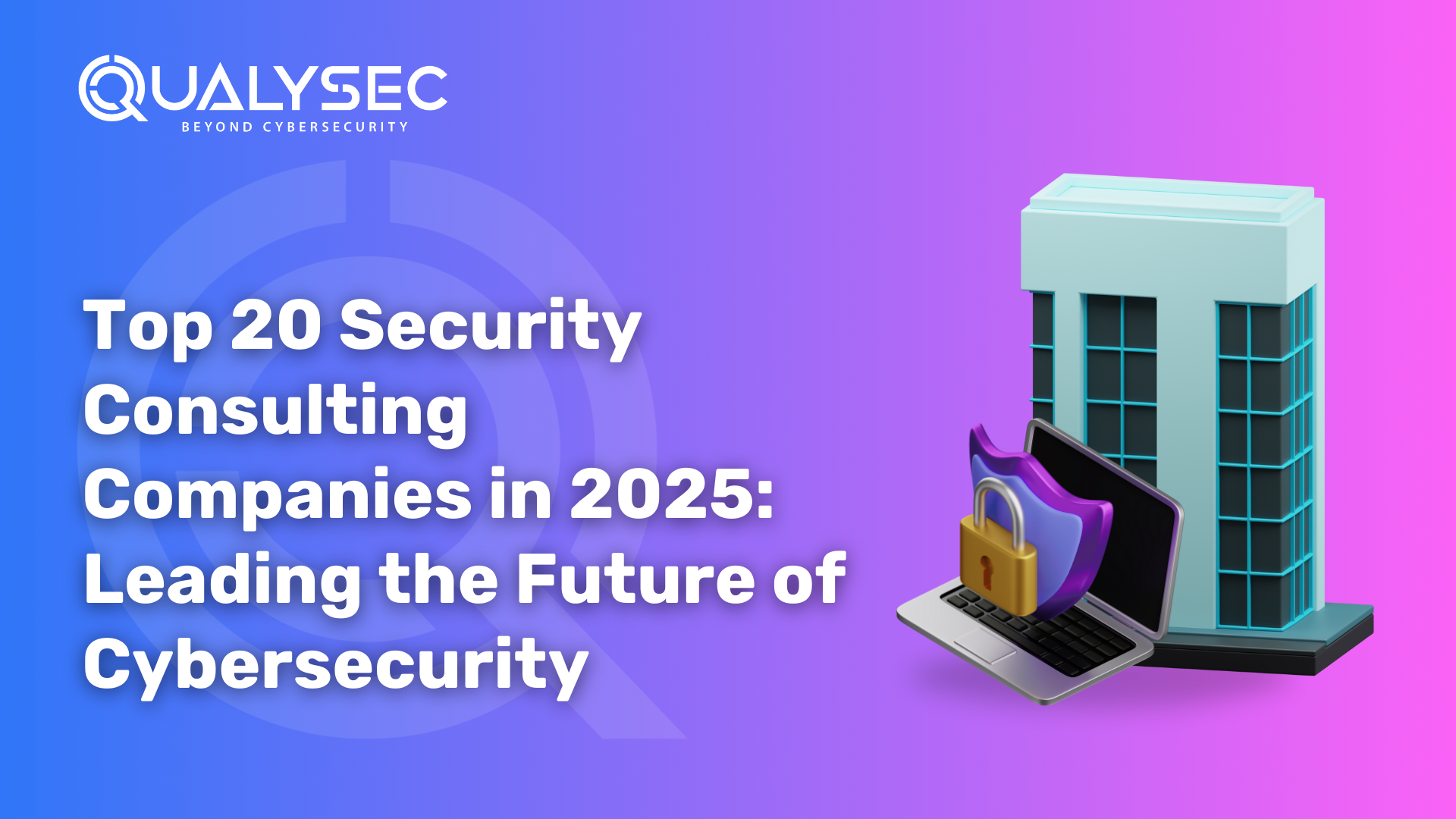
























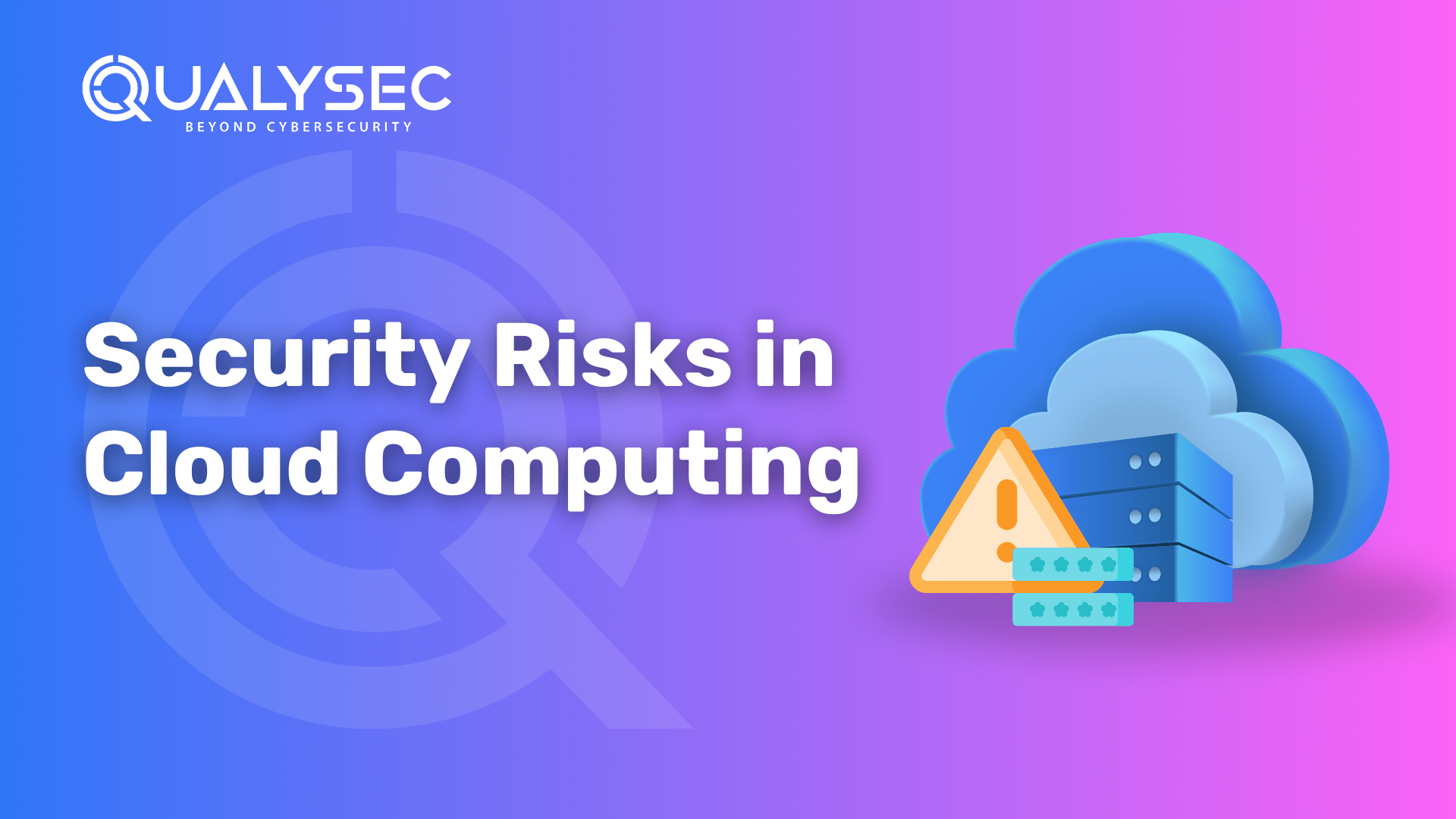







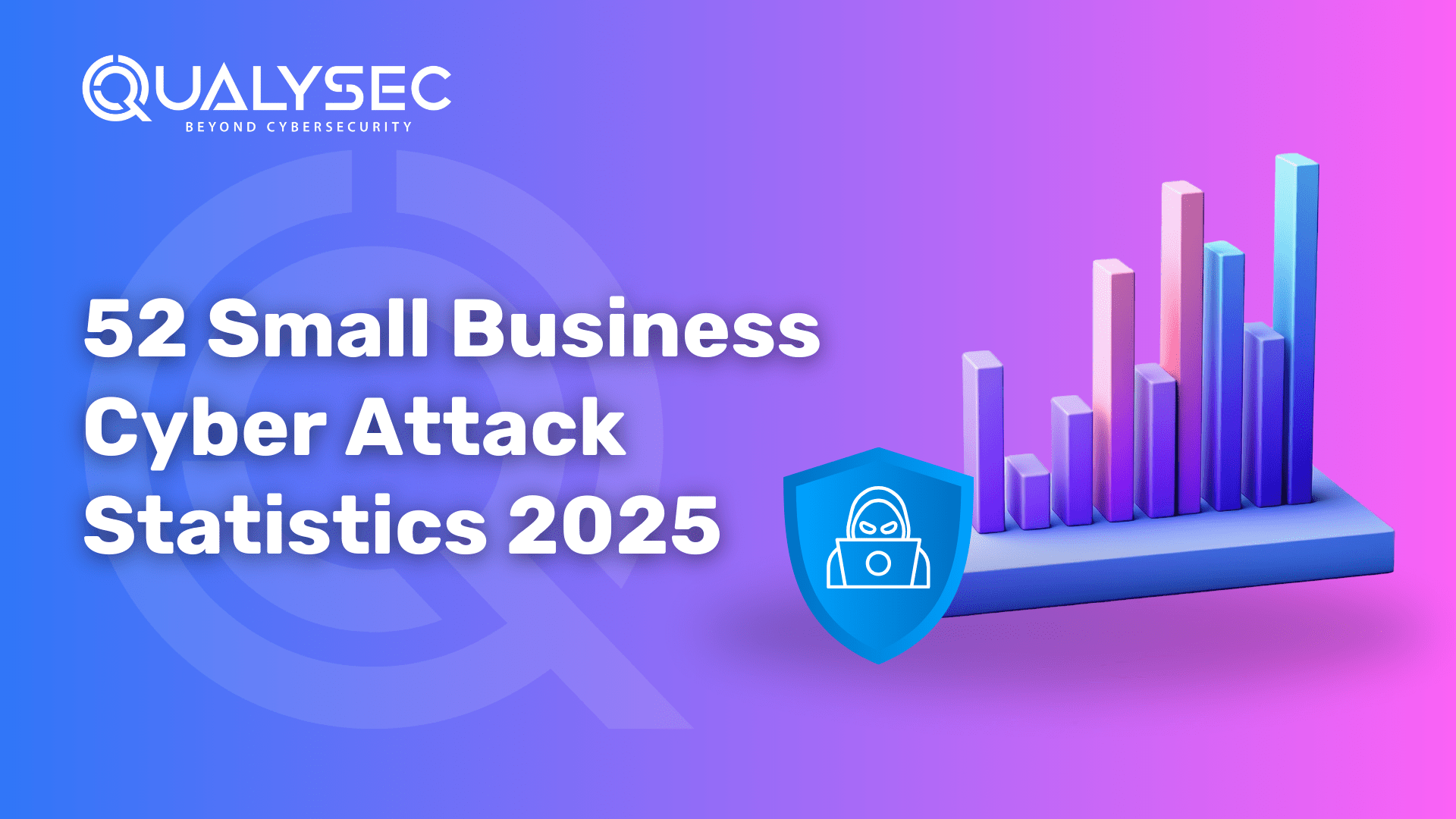


























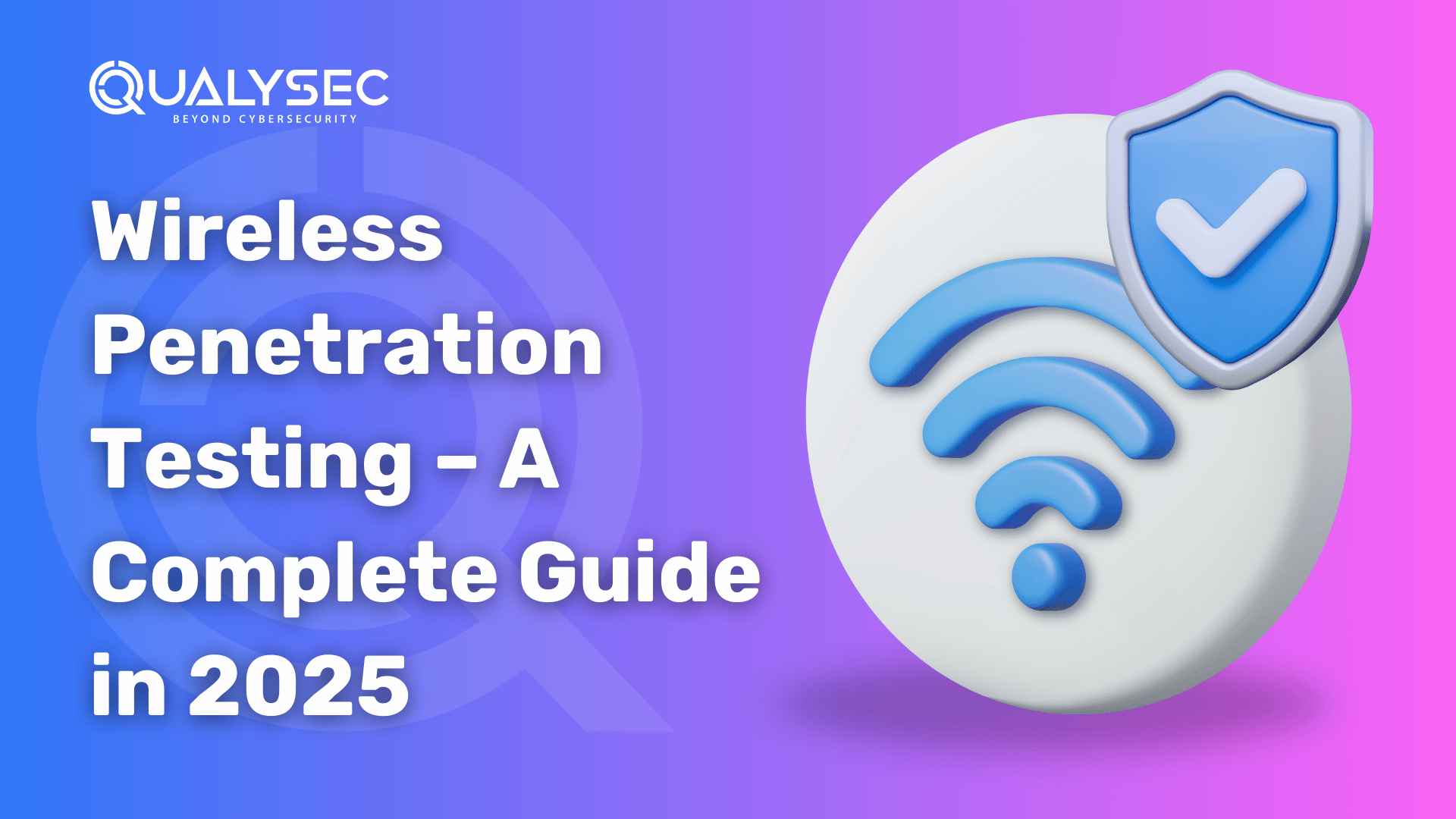




























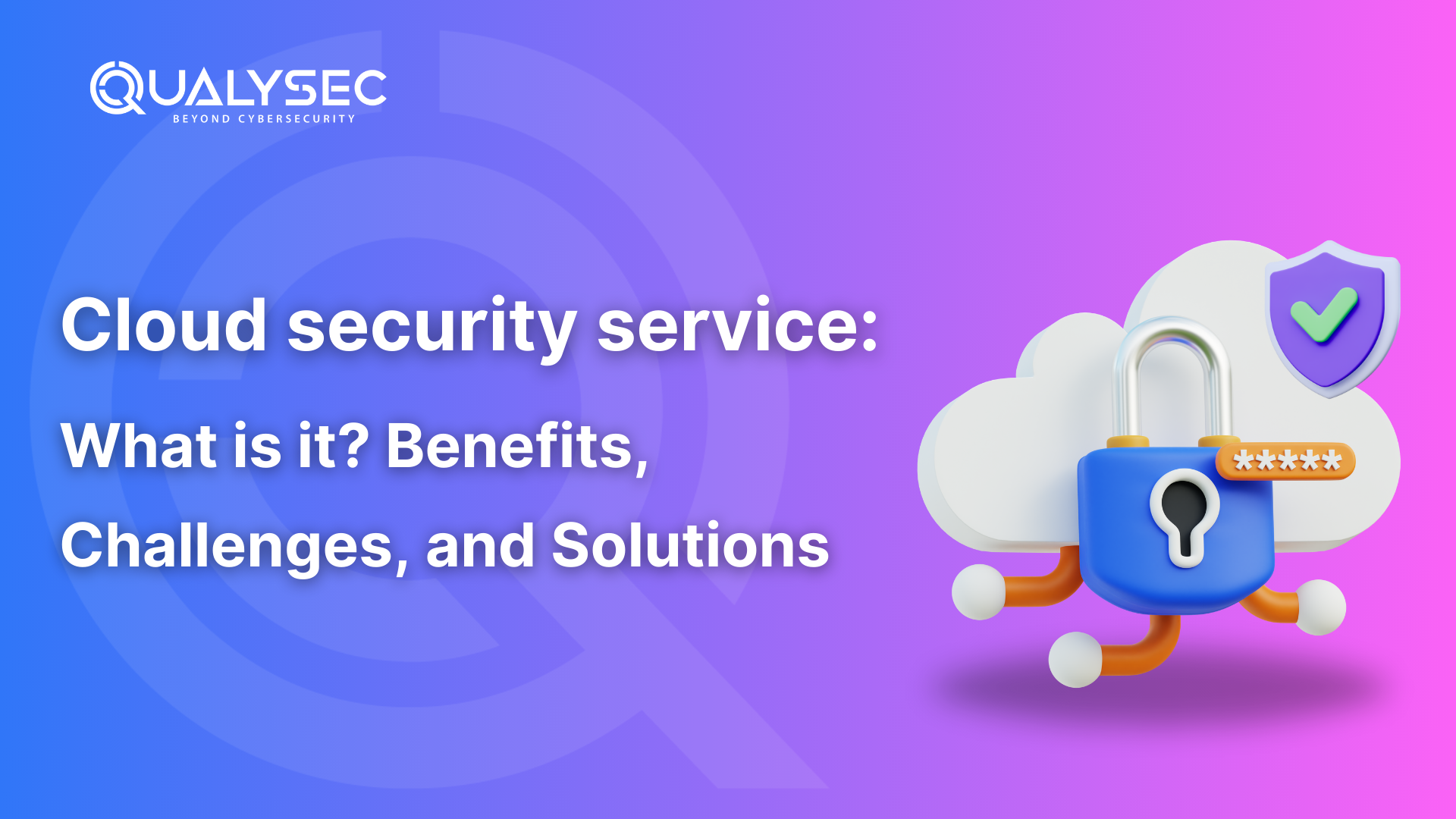


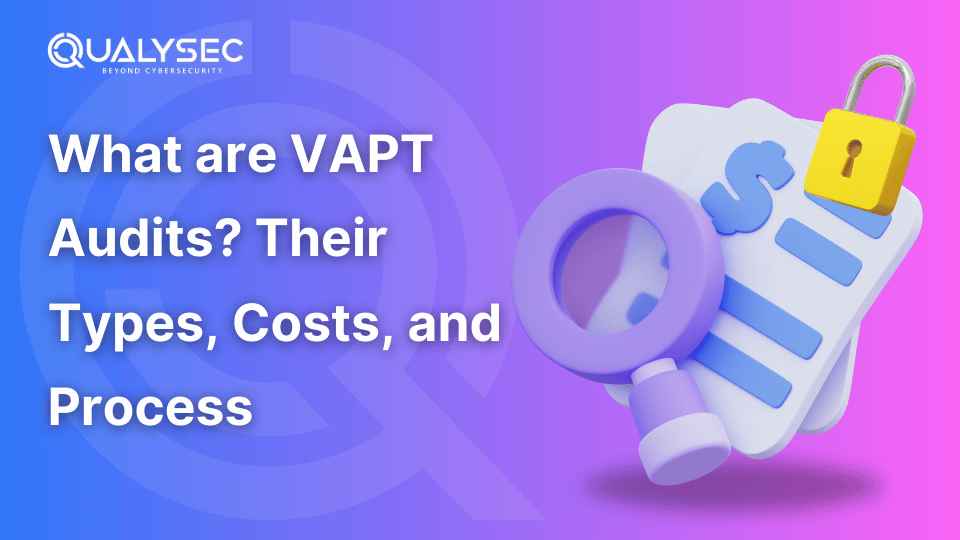








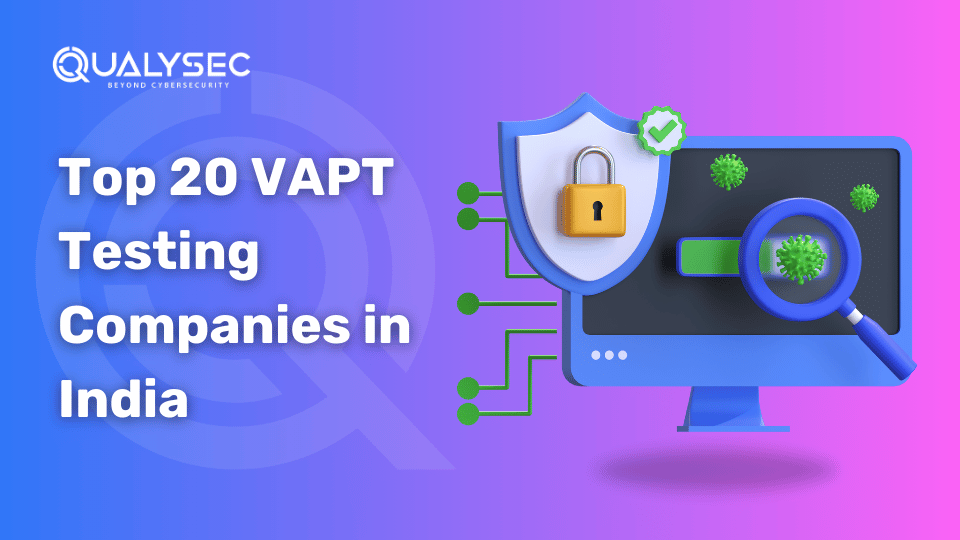


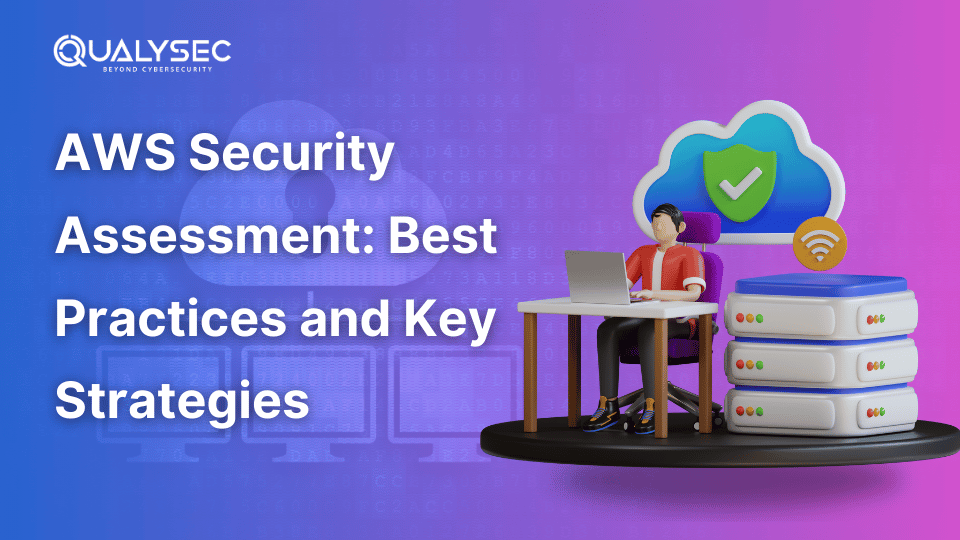




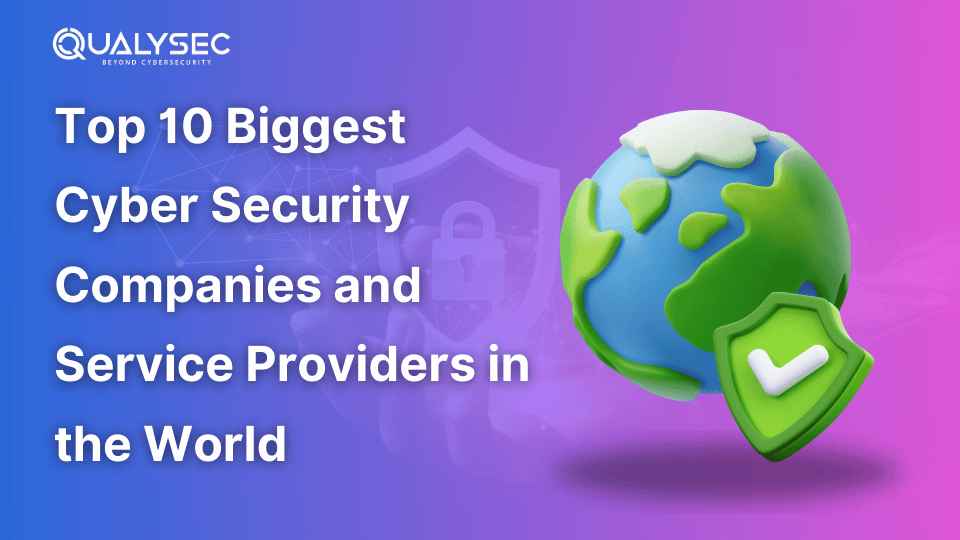















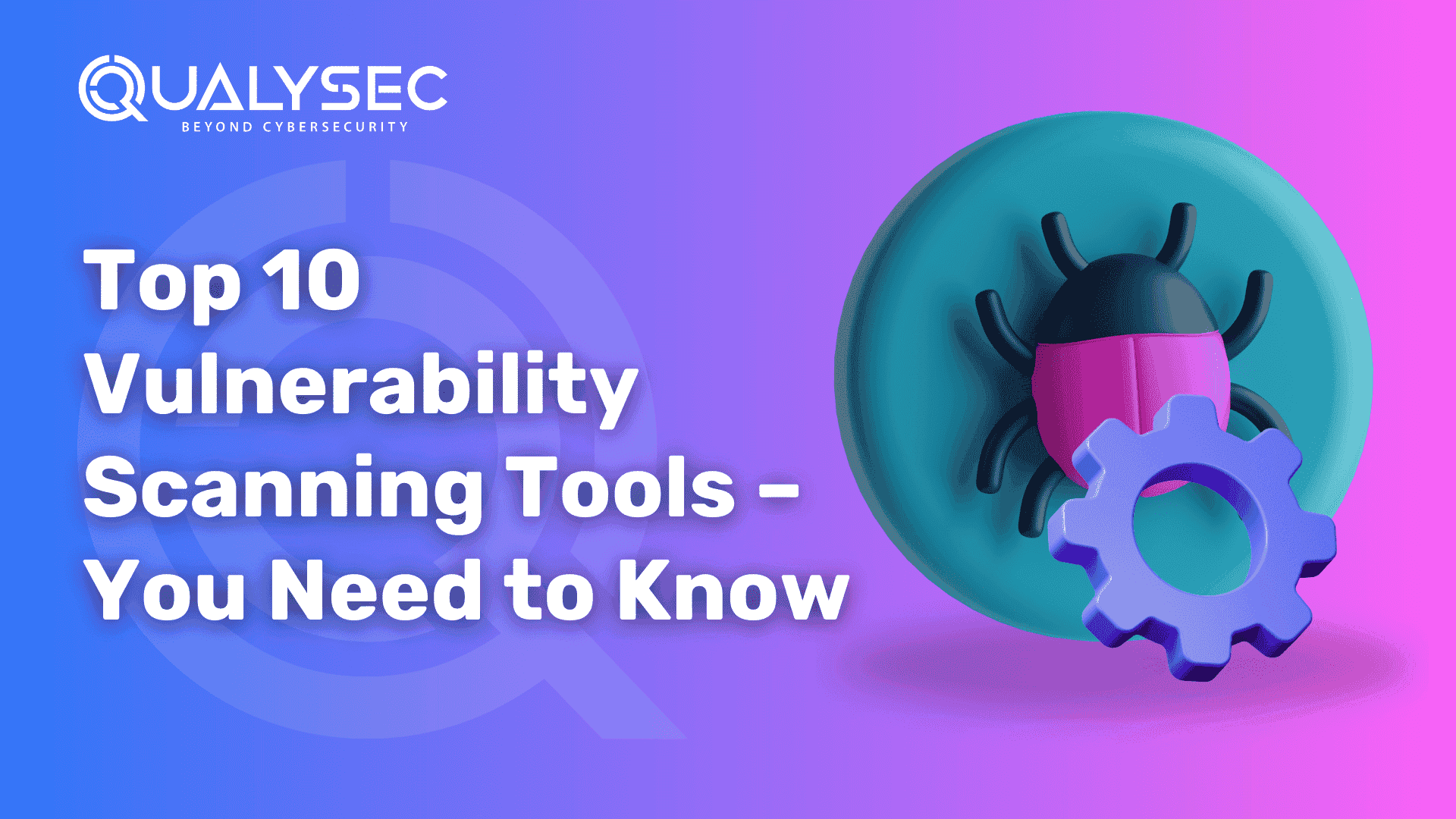


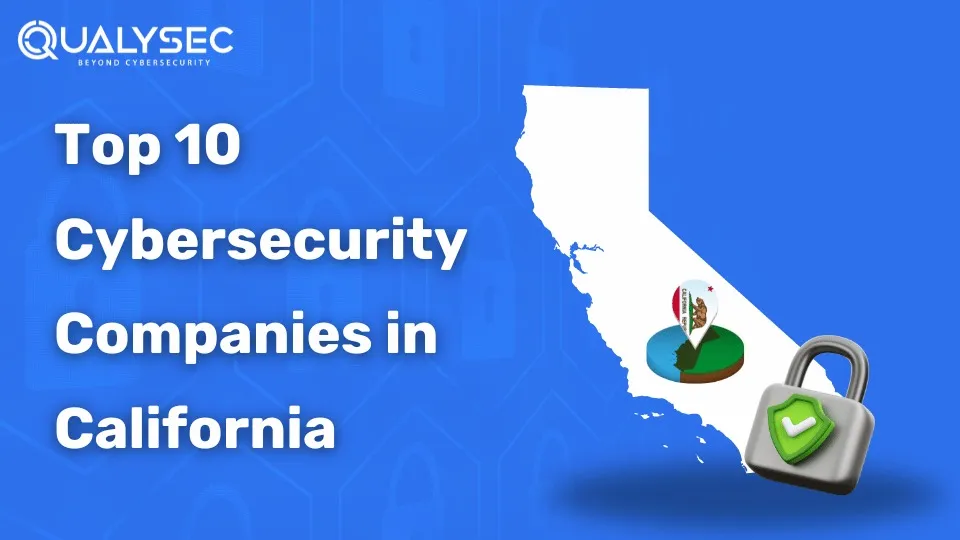
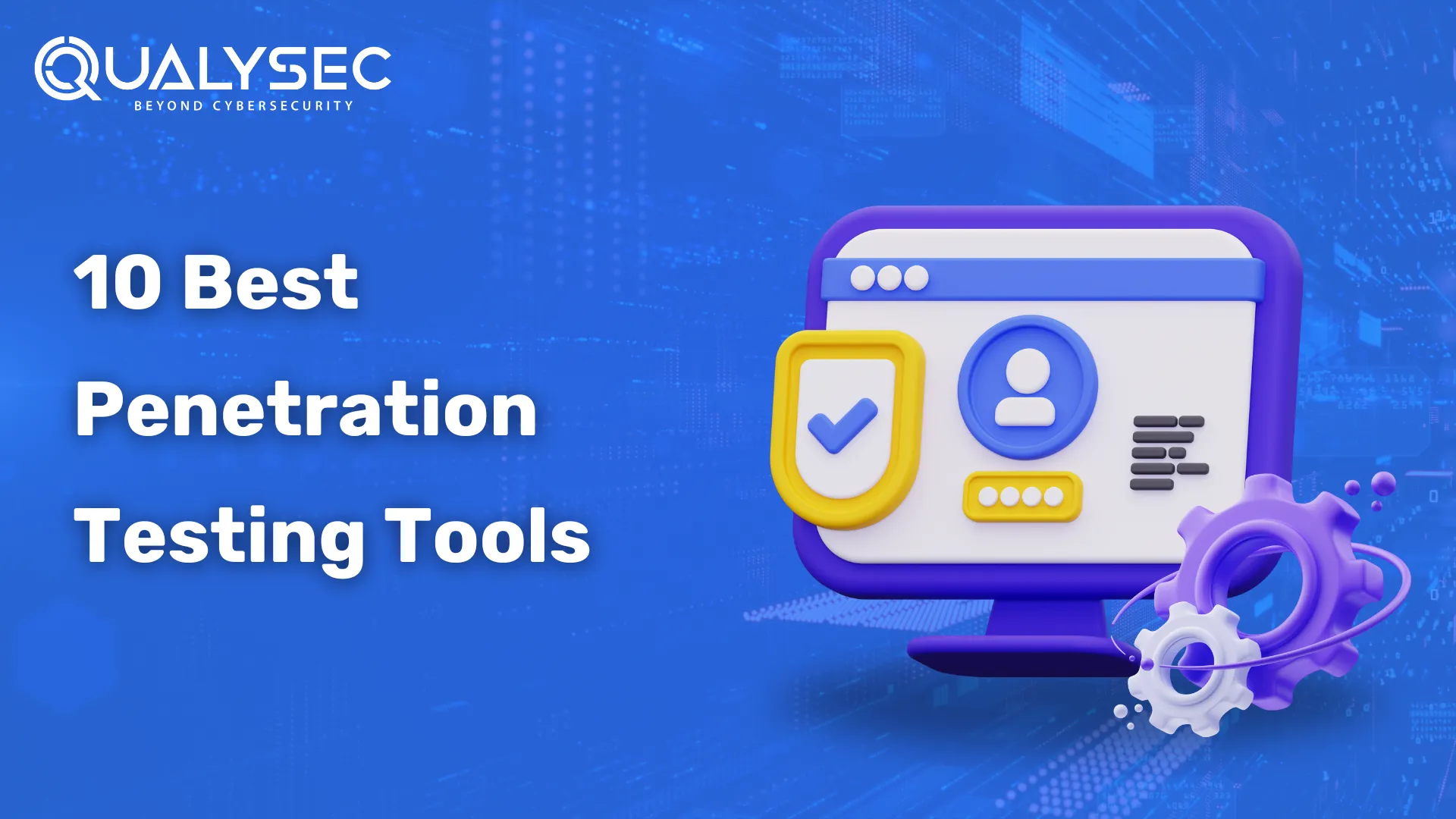









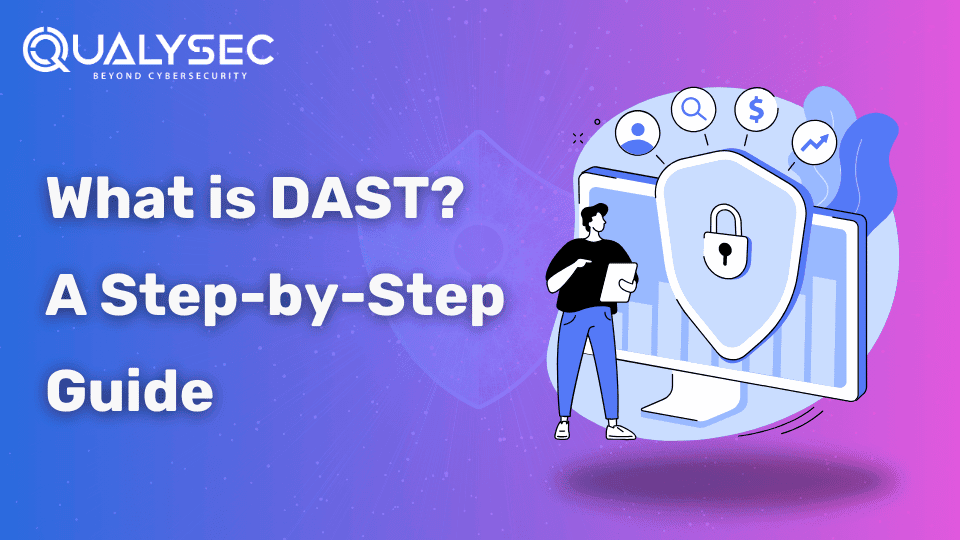


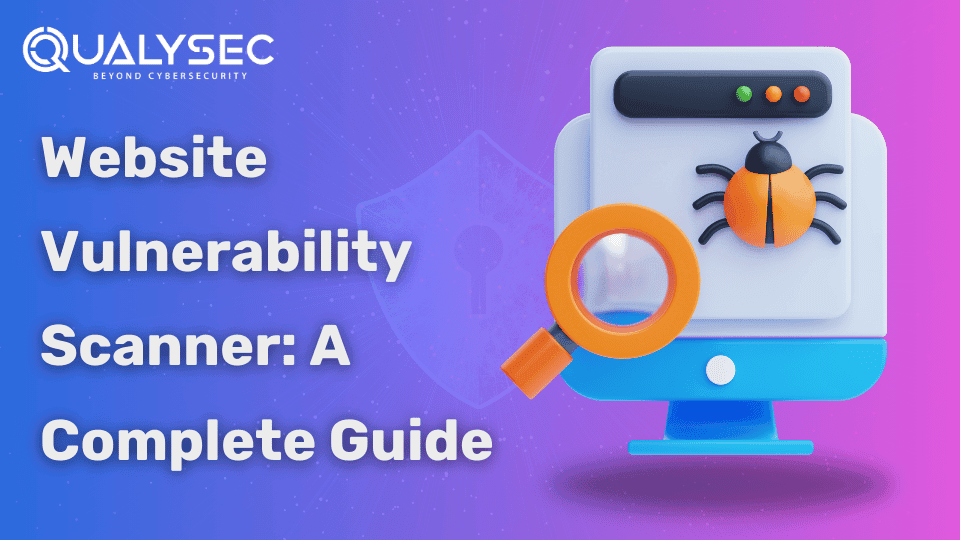

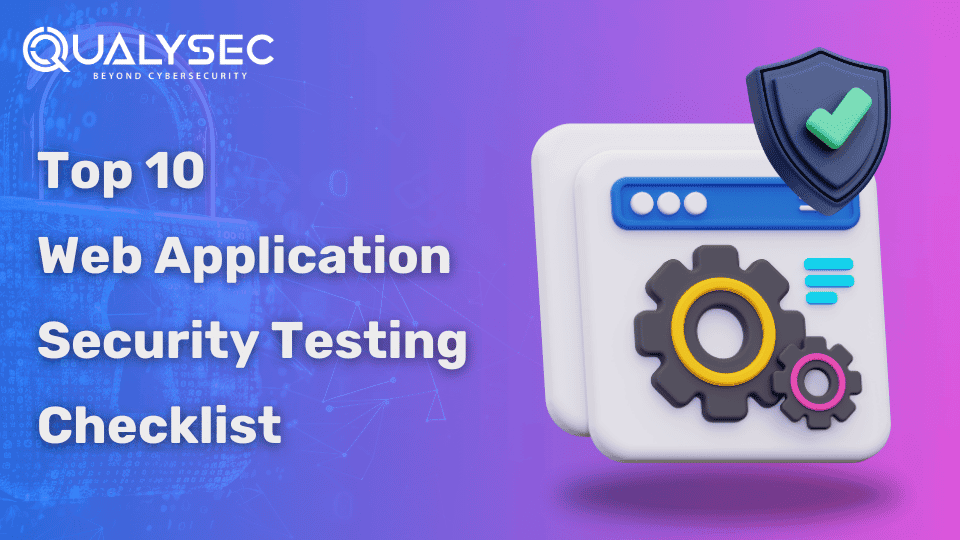

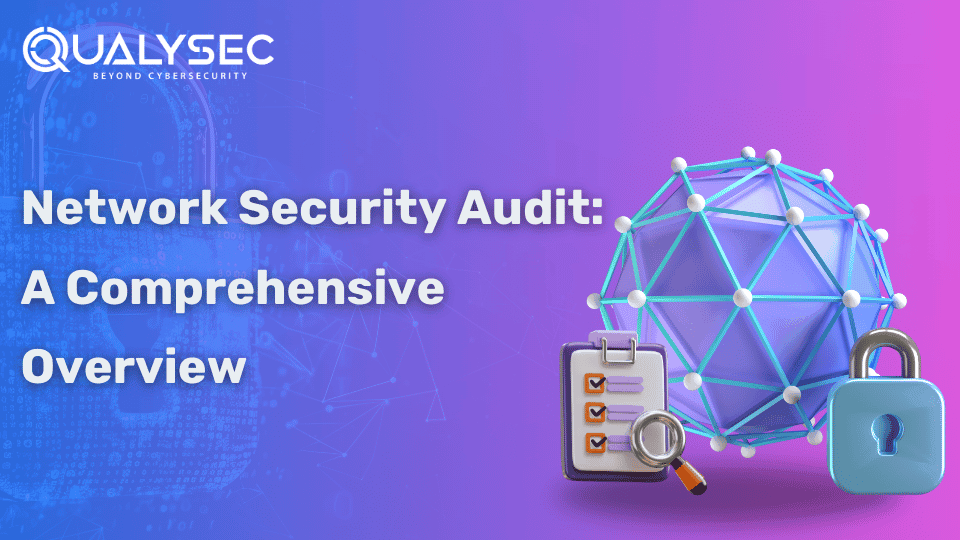











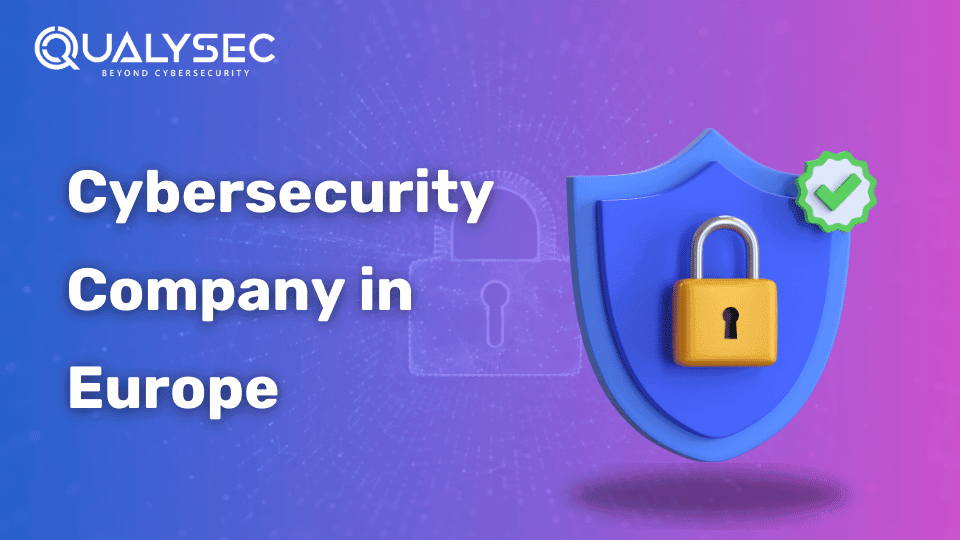
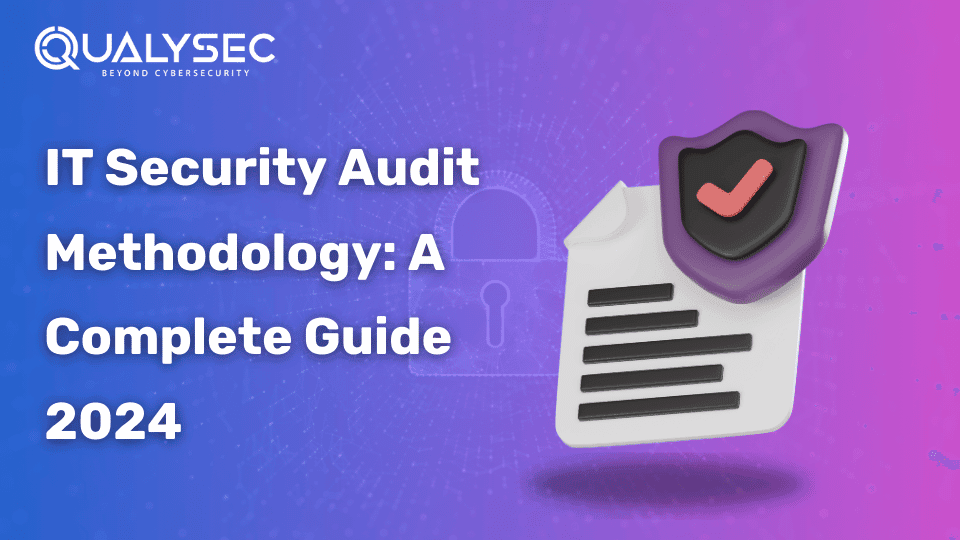

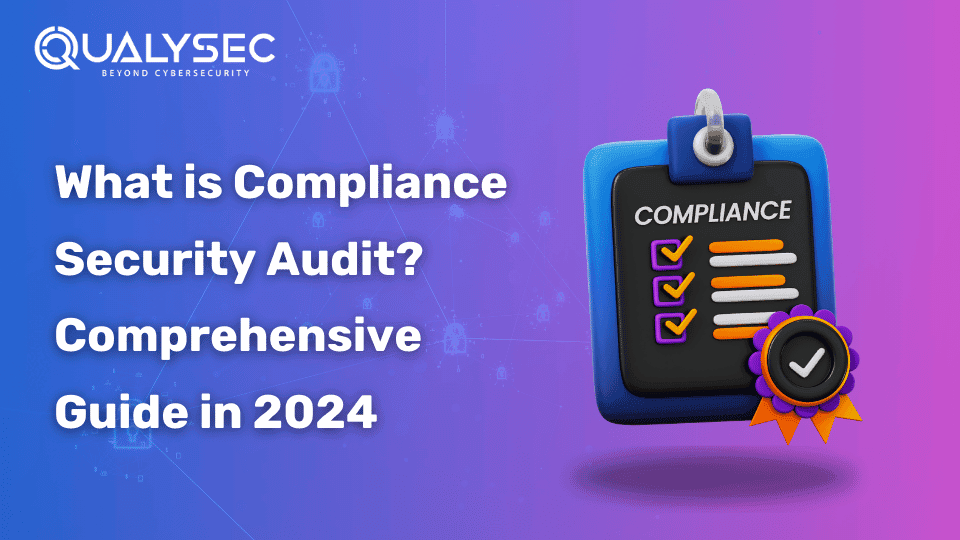


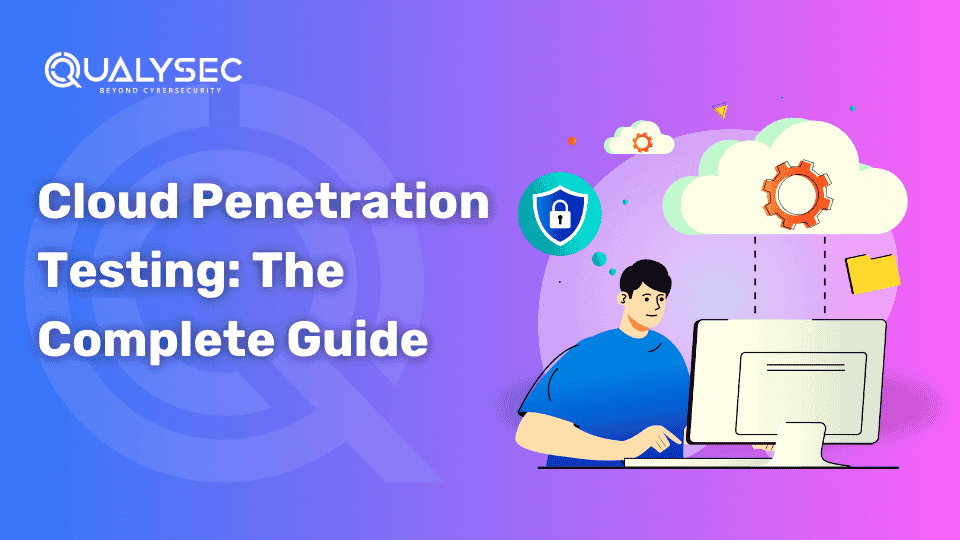


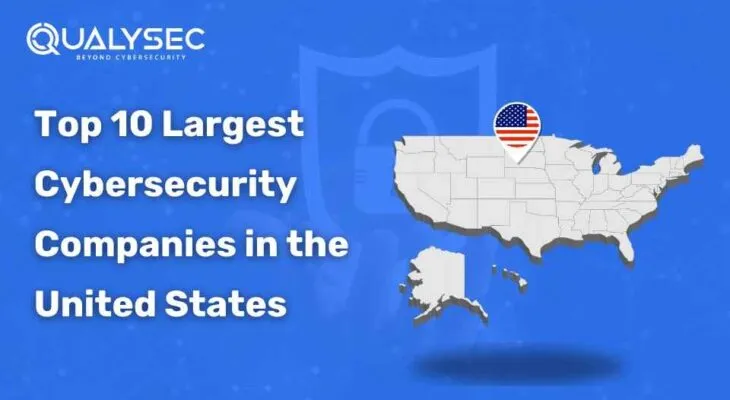


























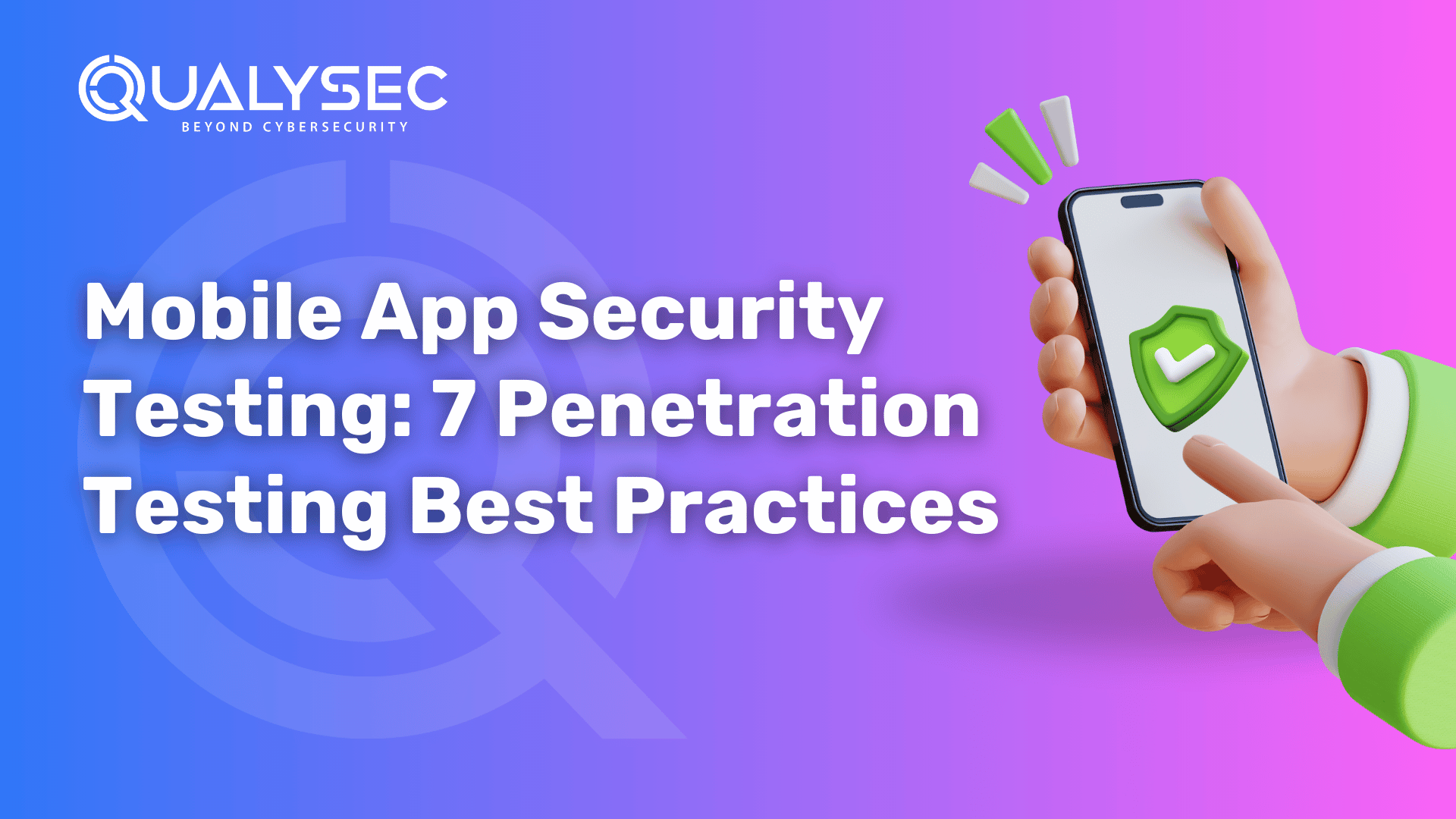














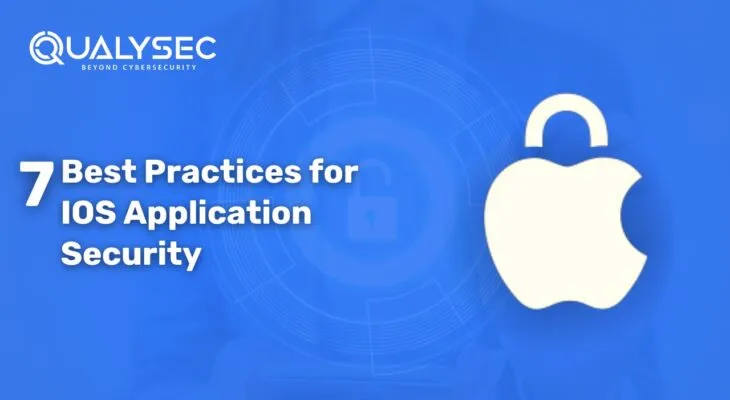


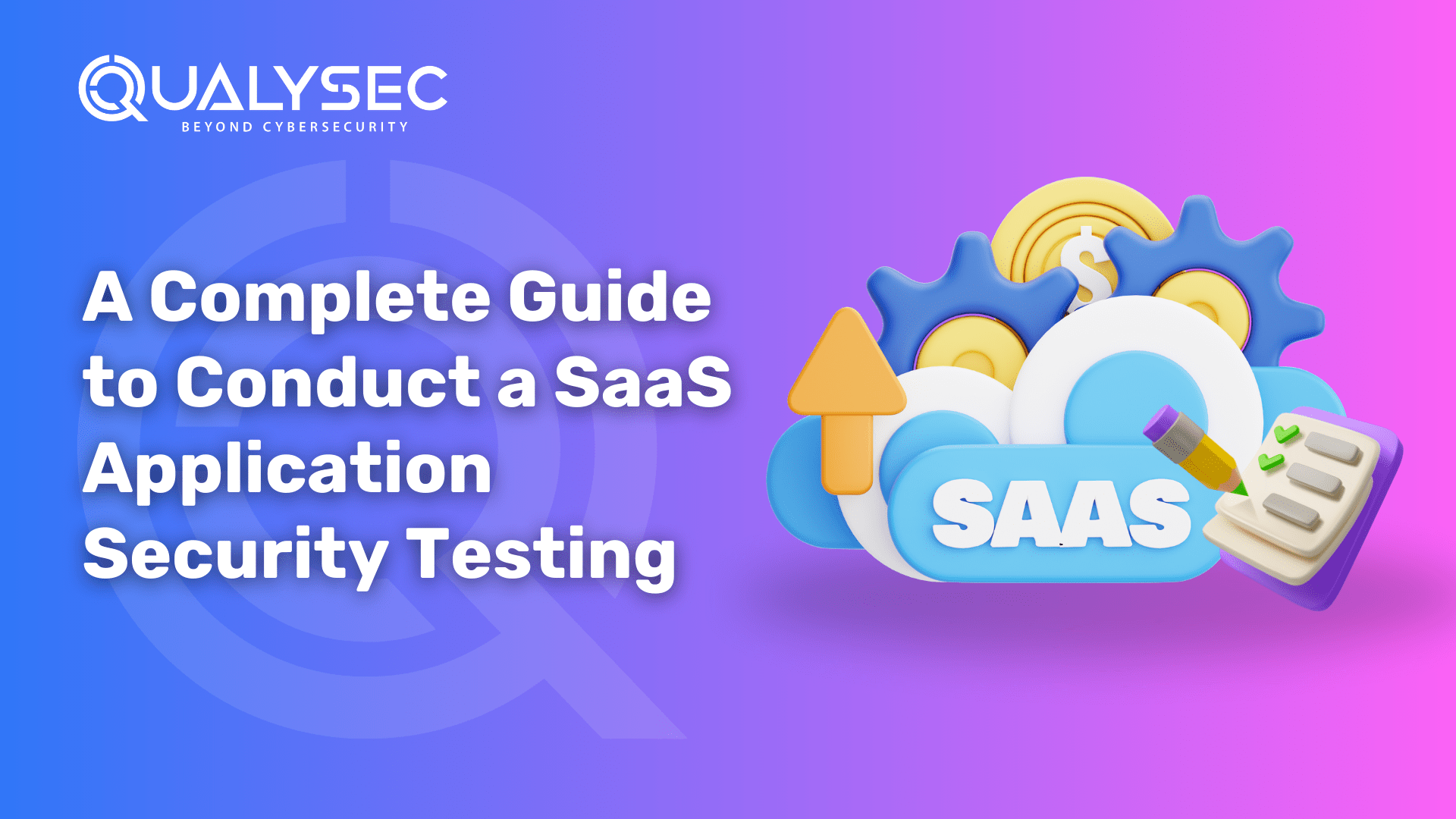





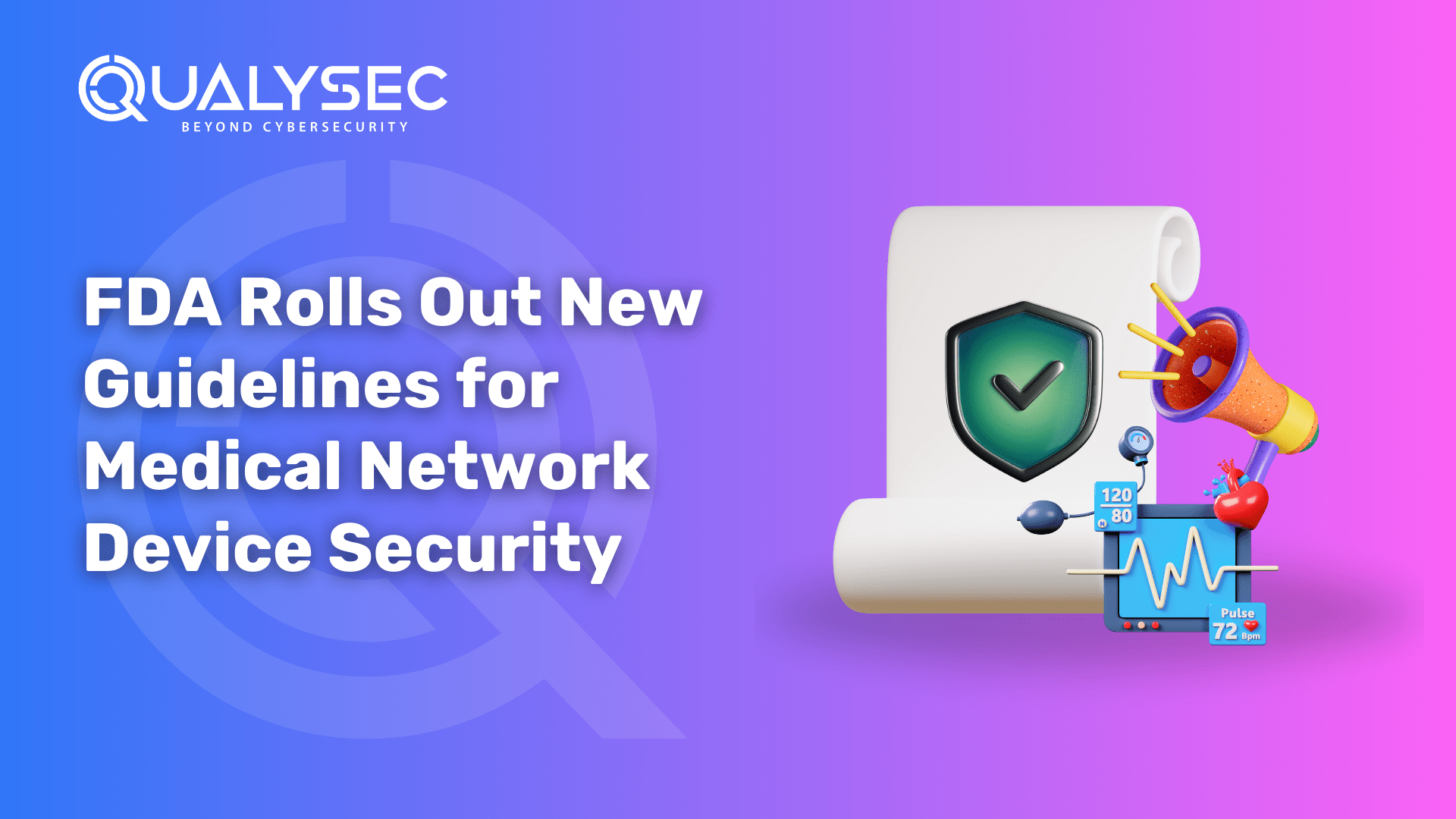
















































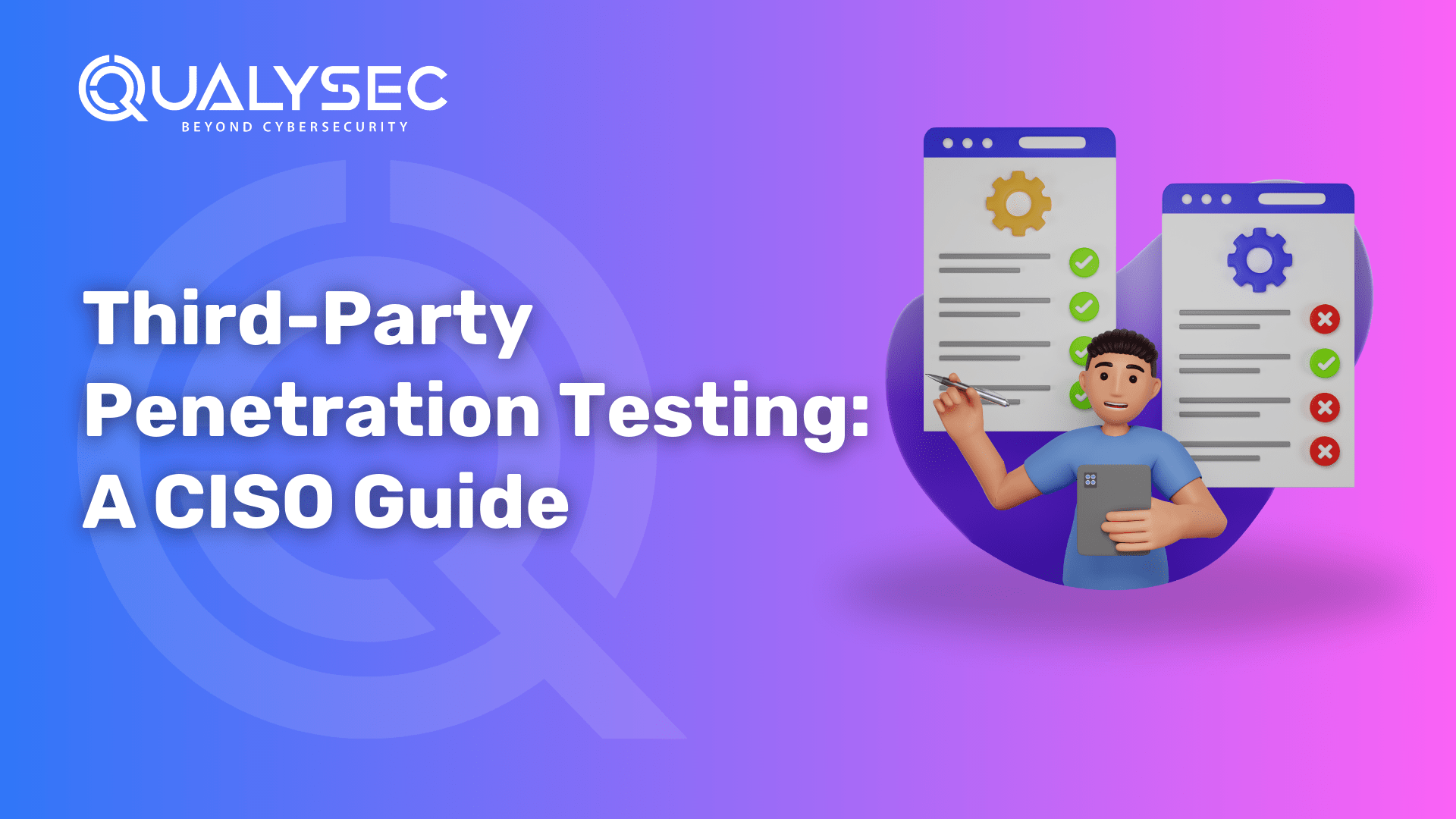




































































































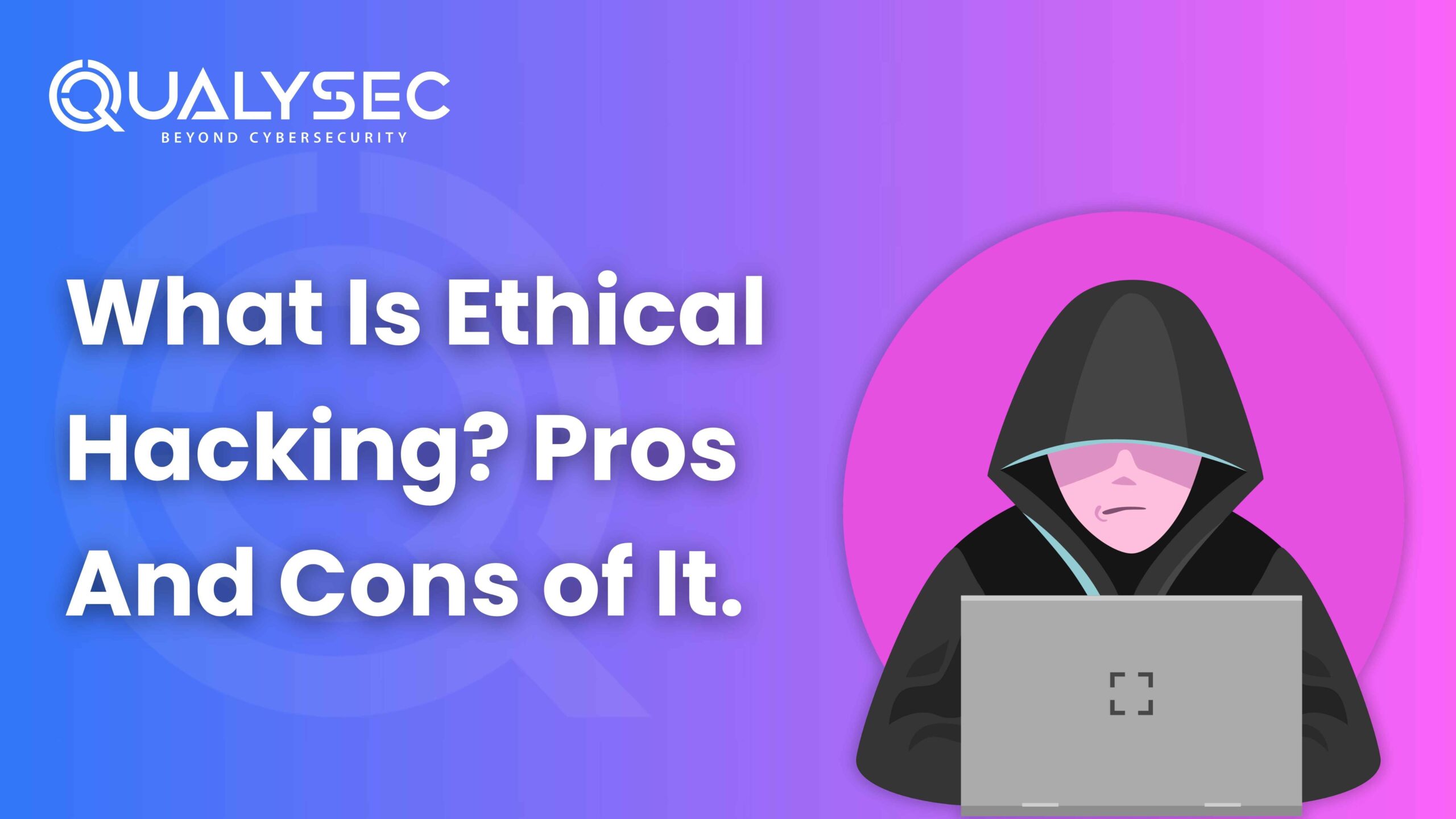







































0 Comments